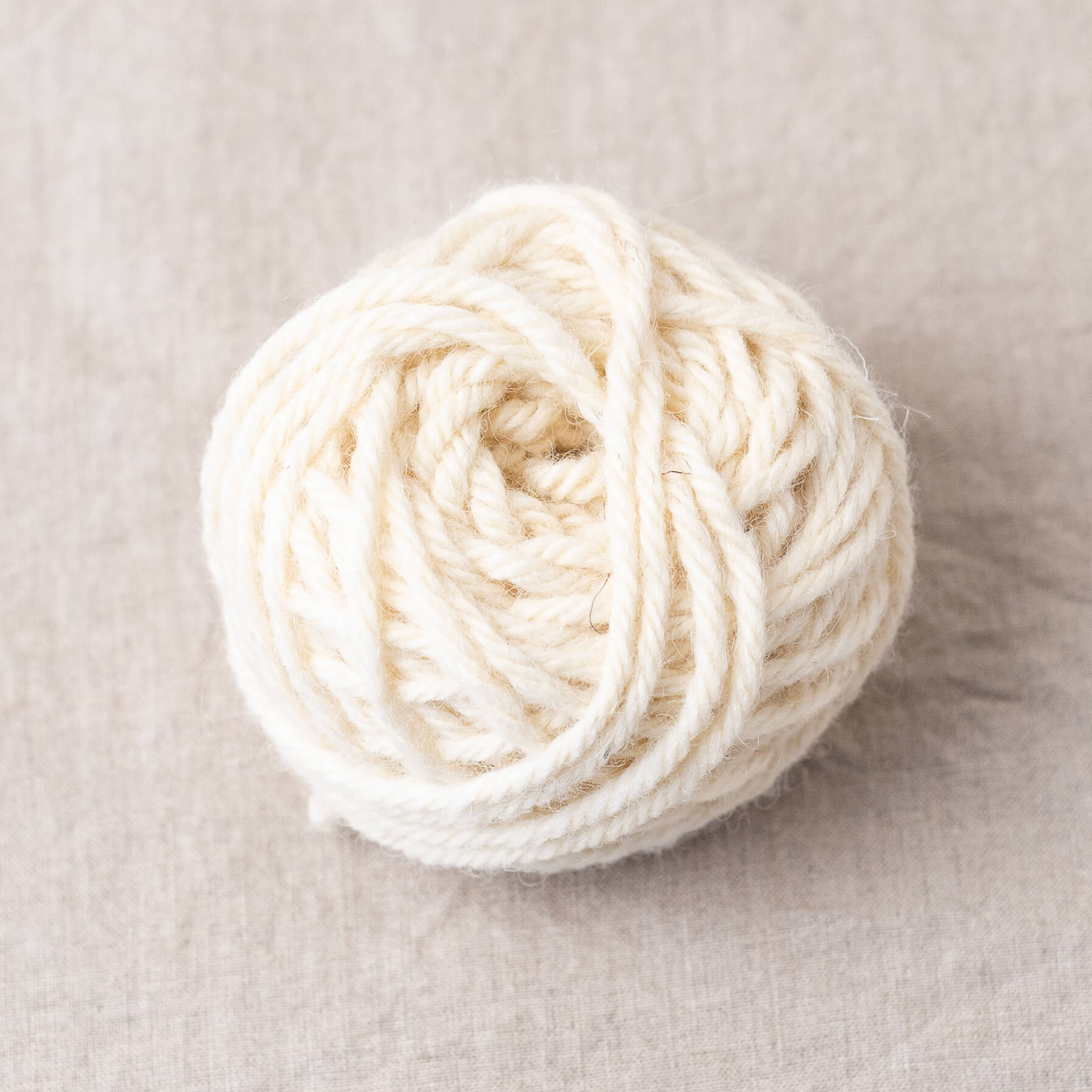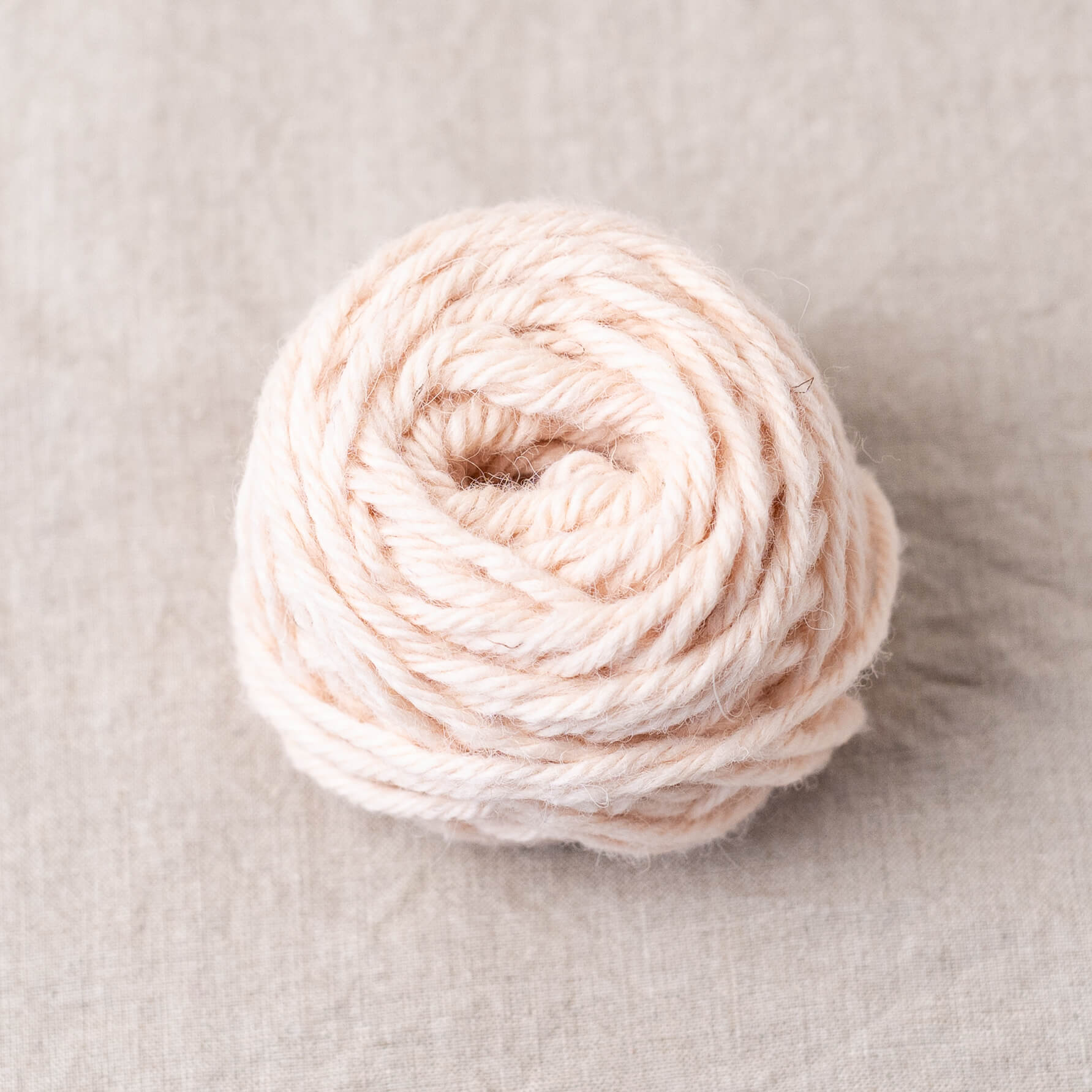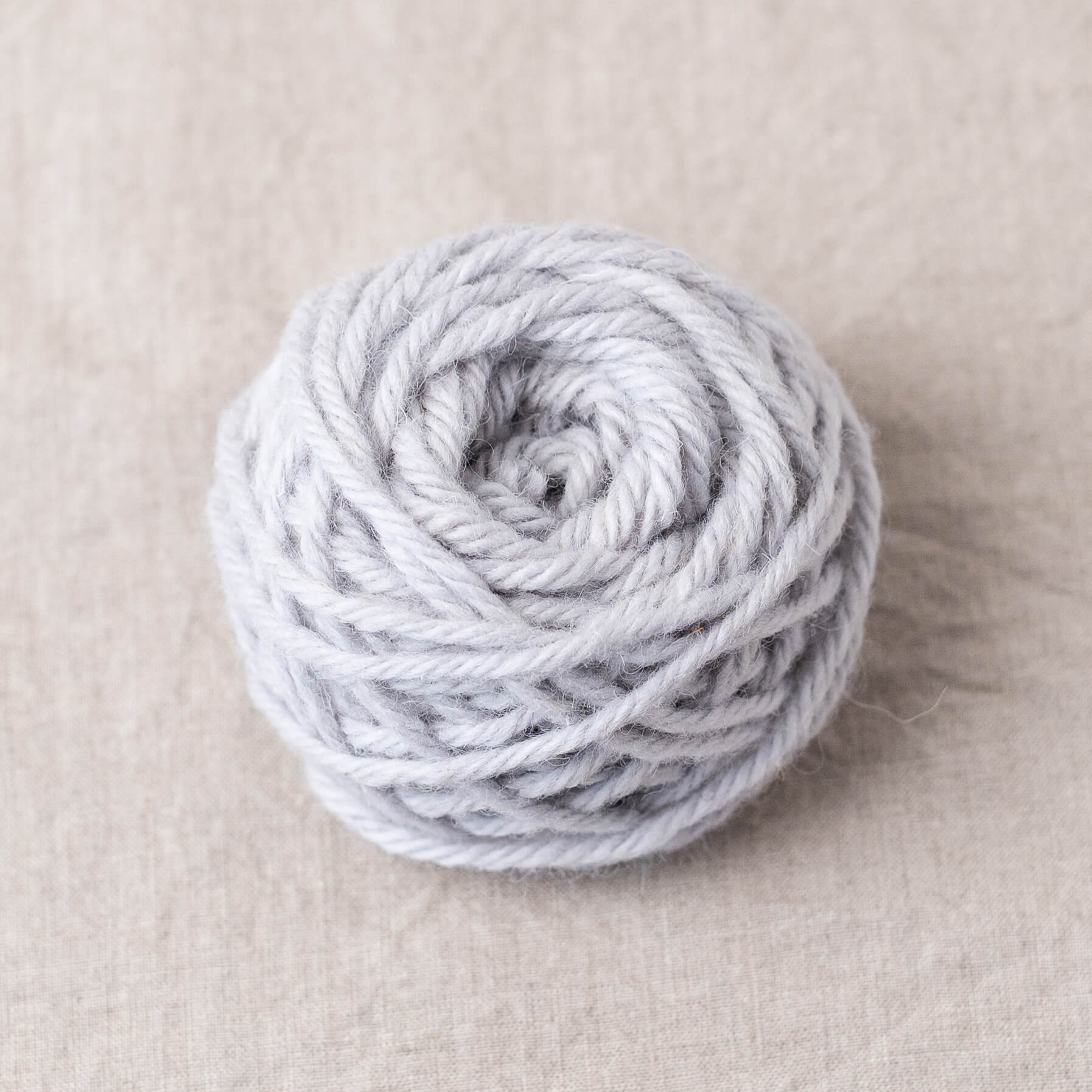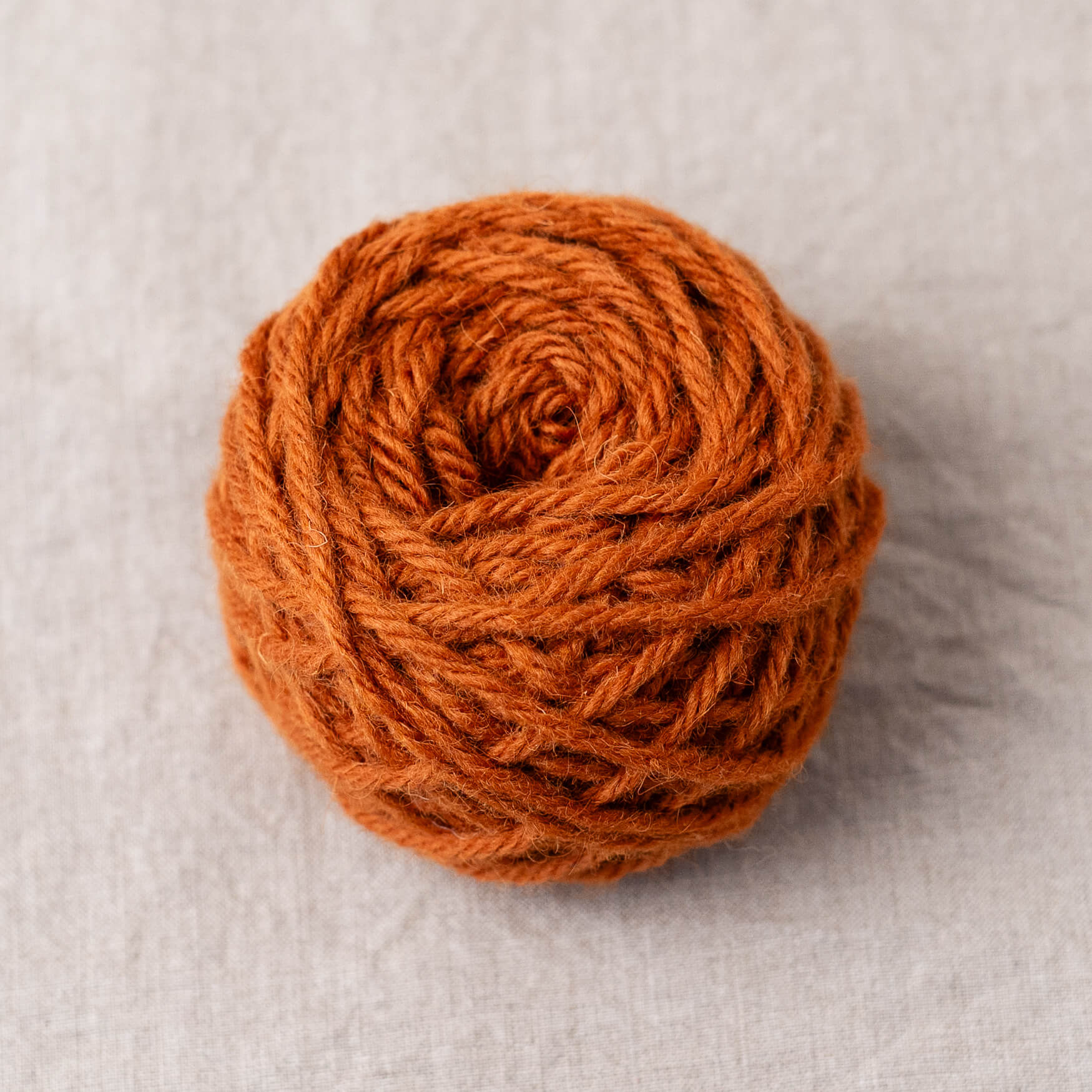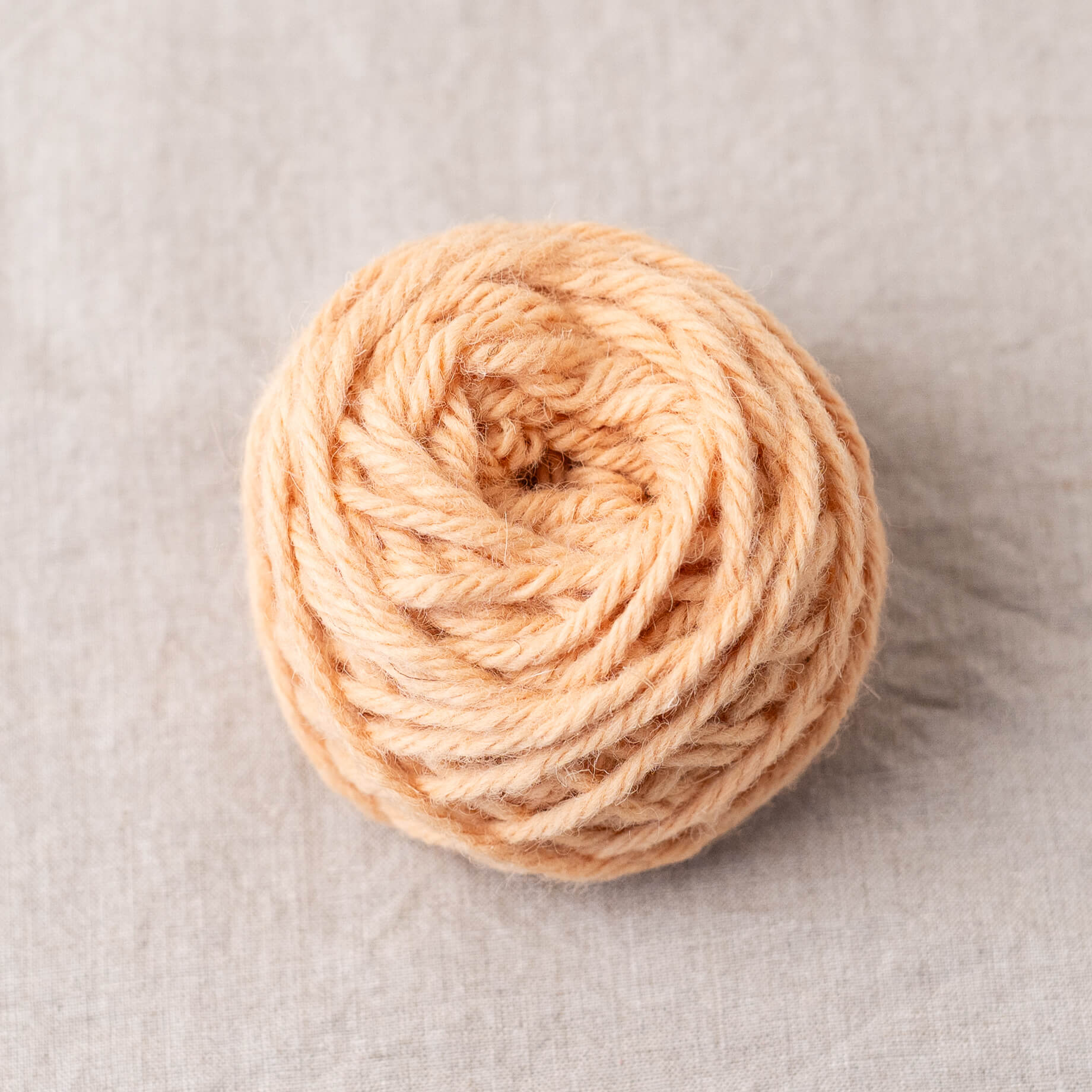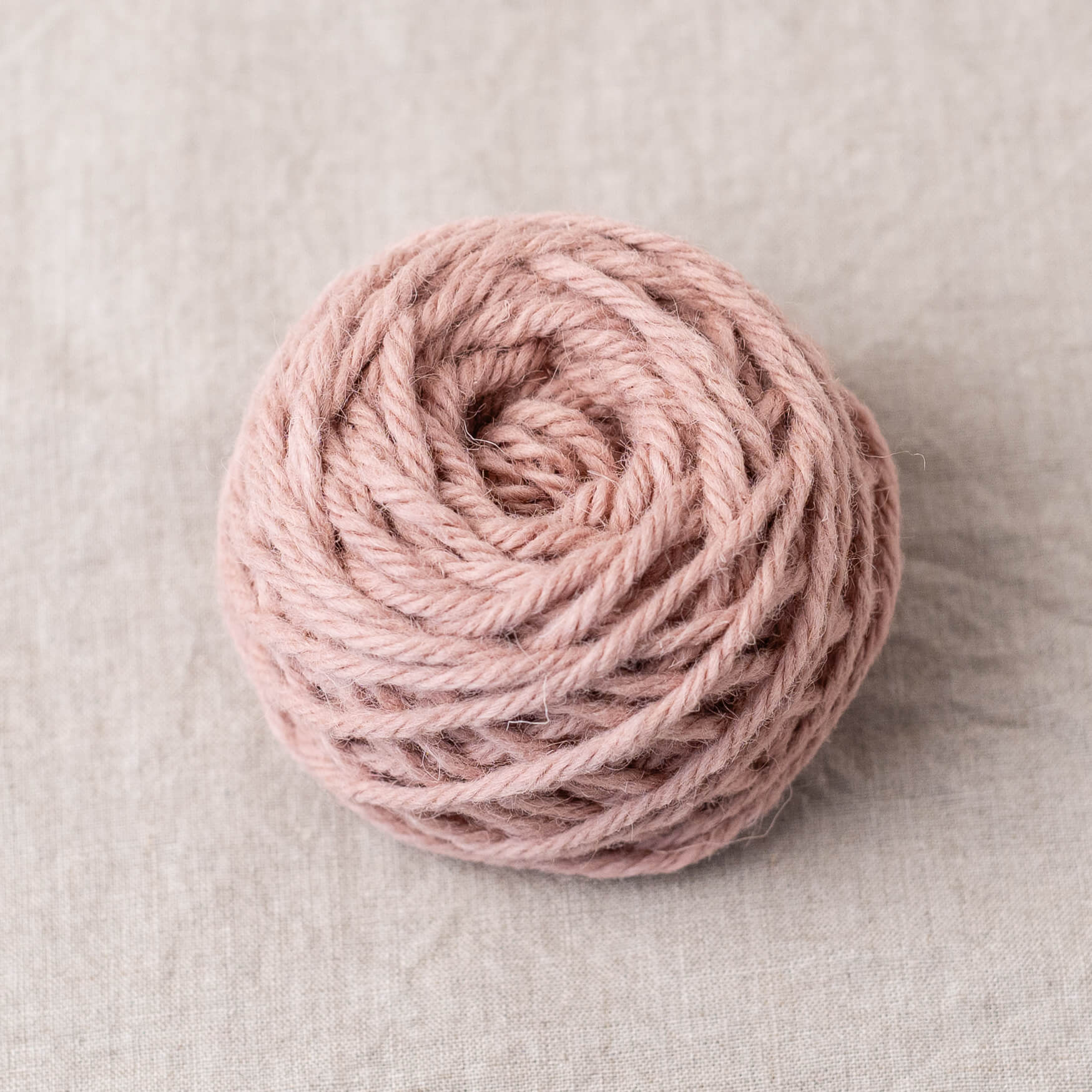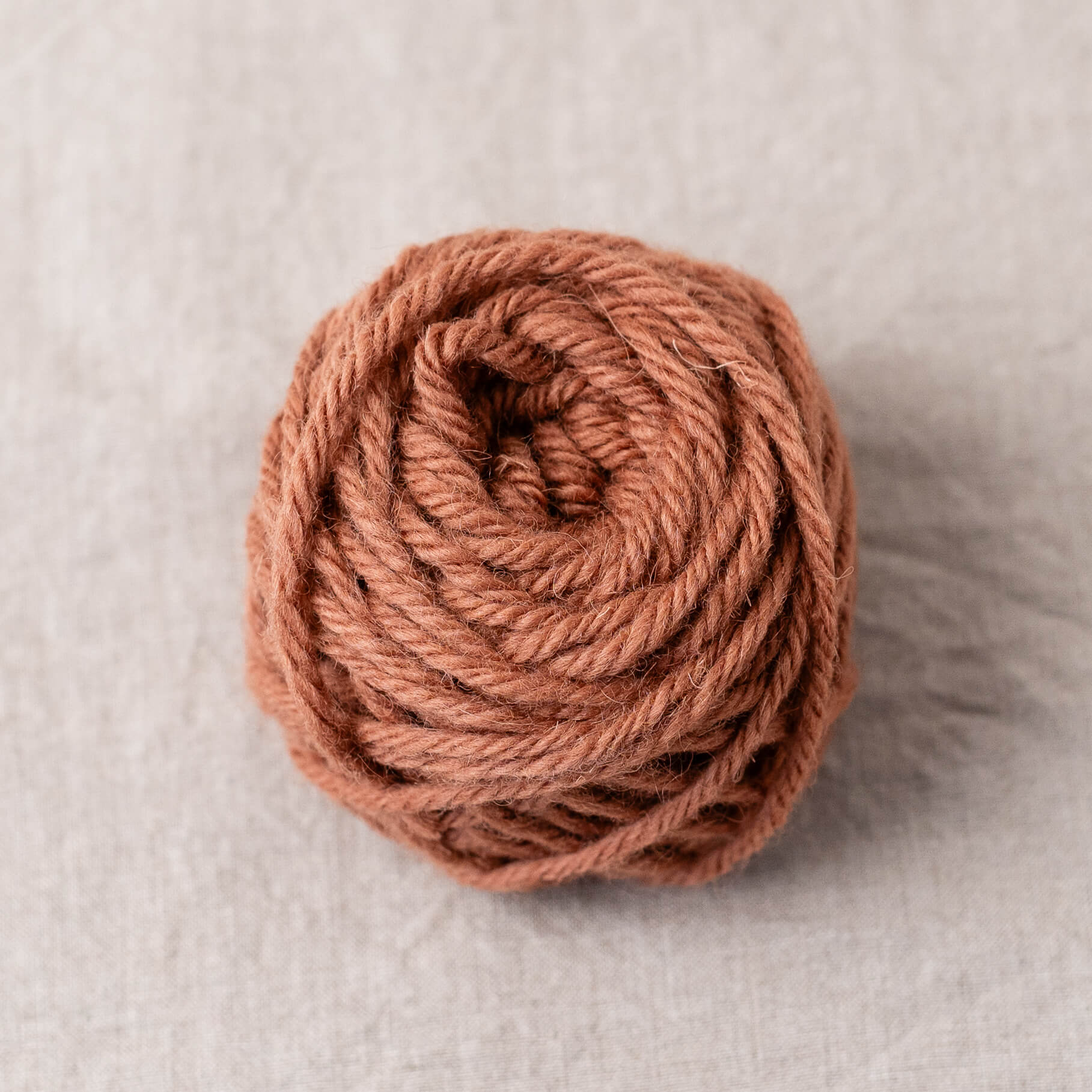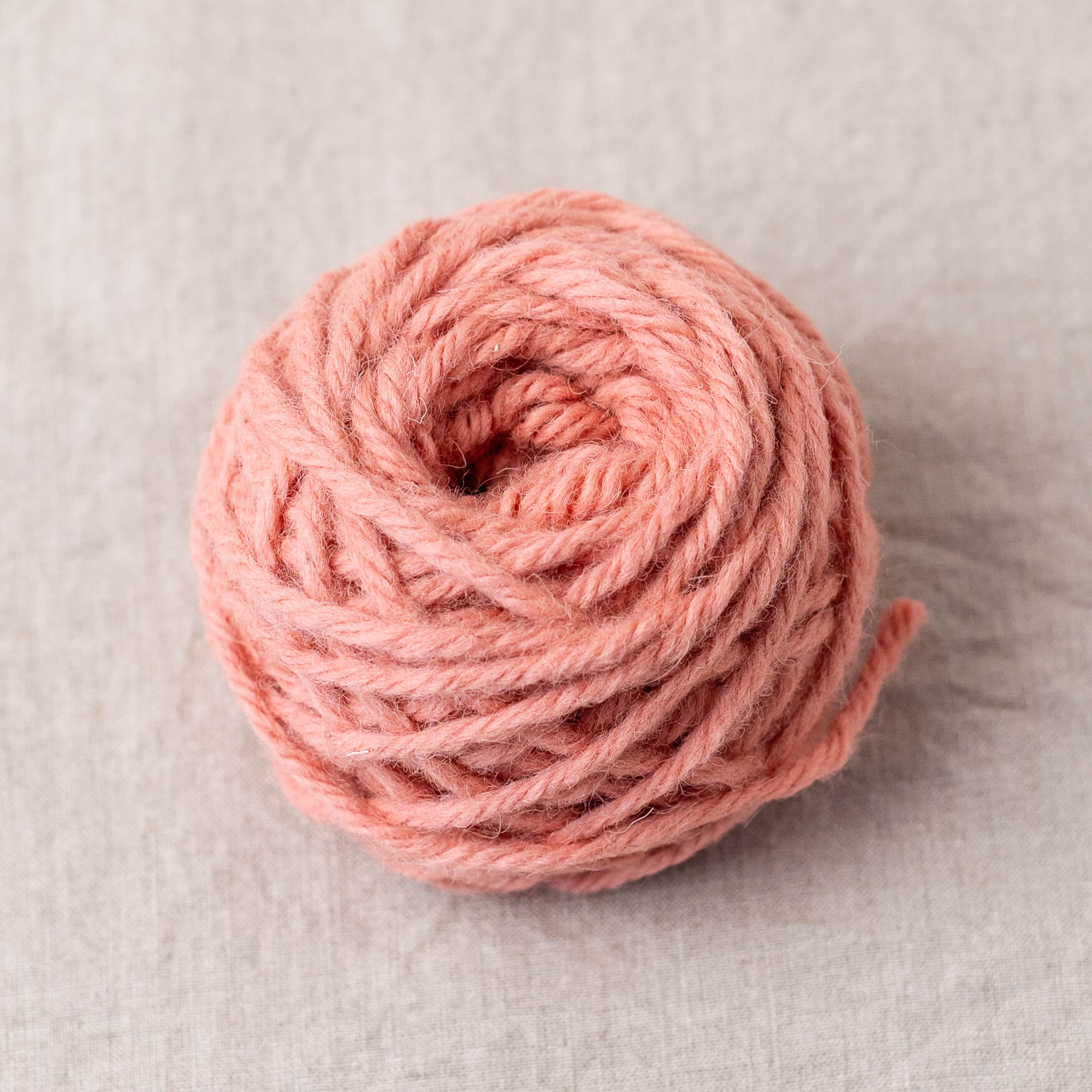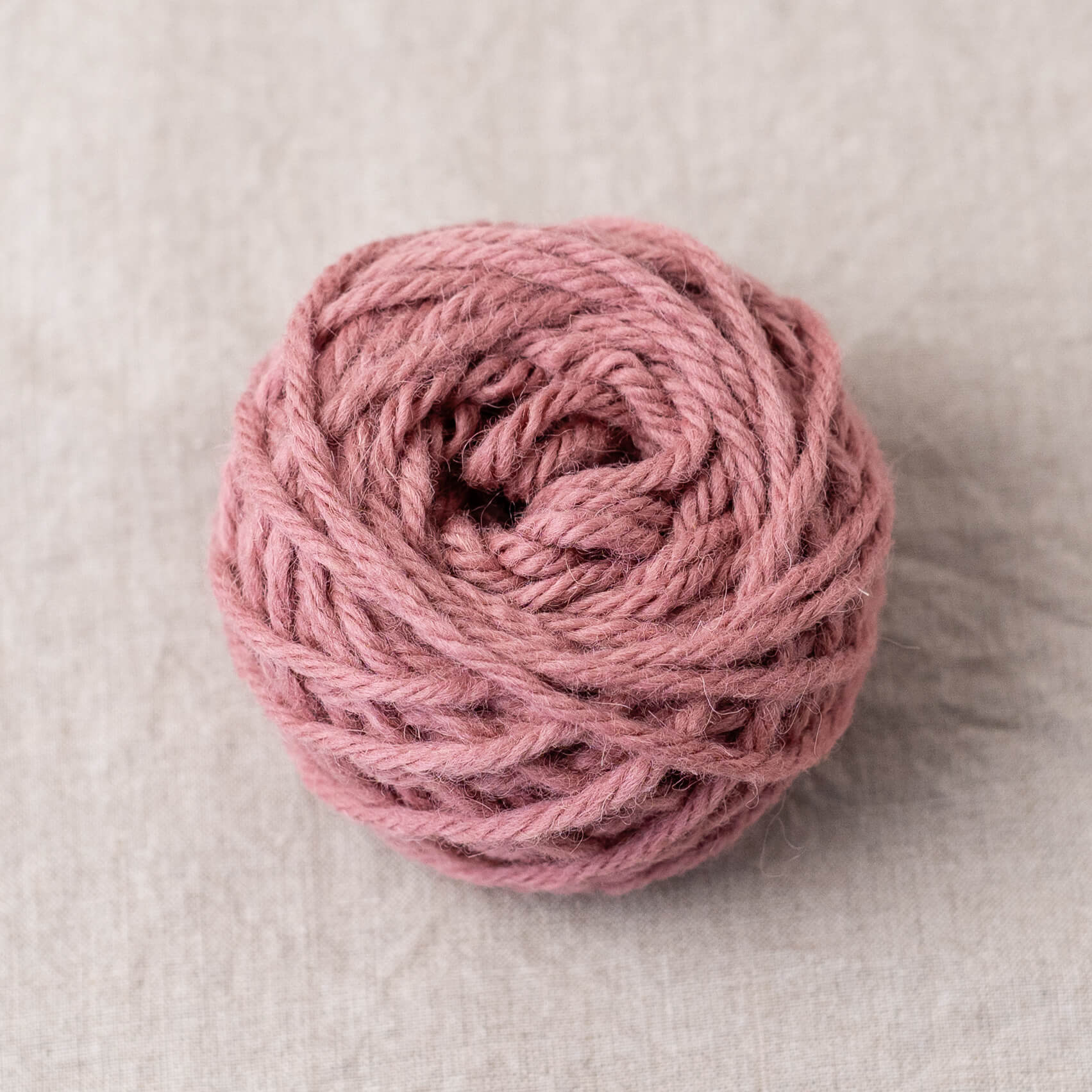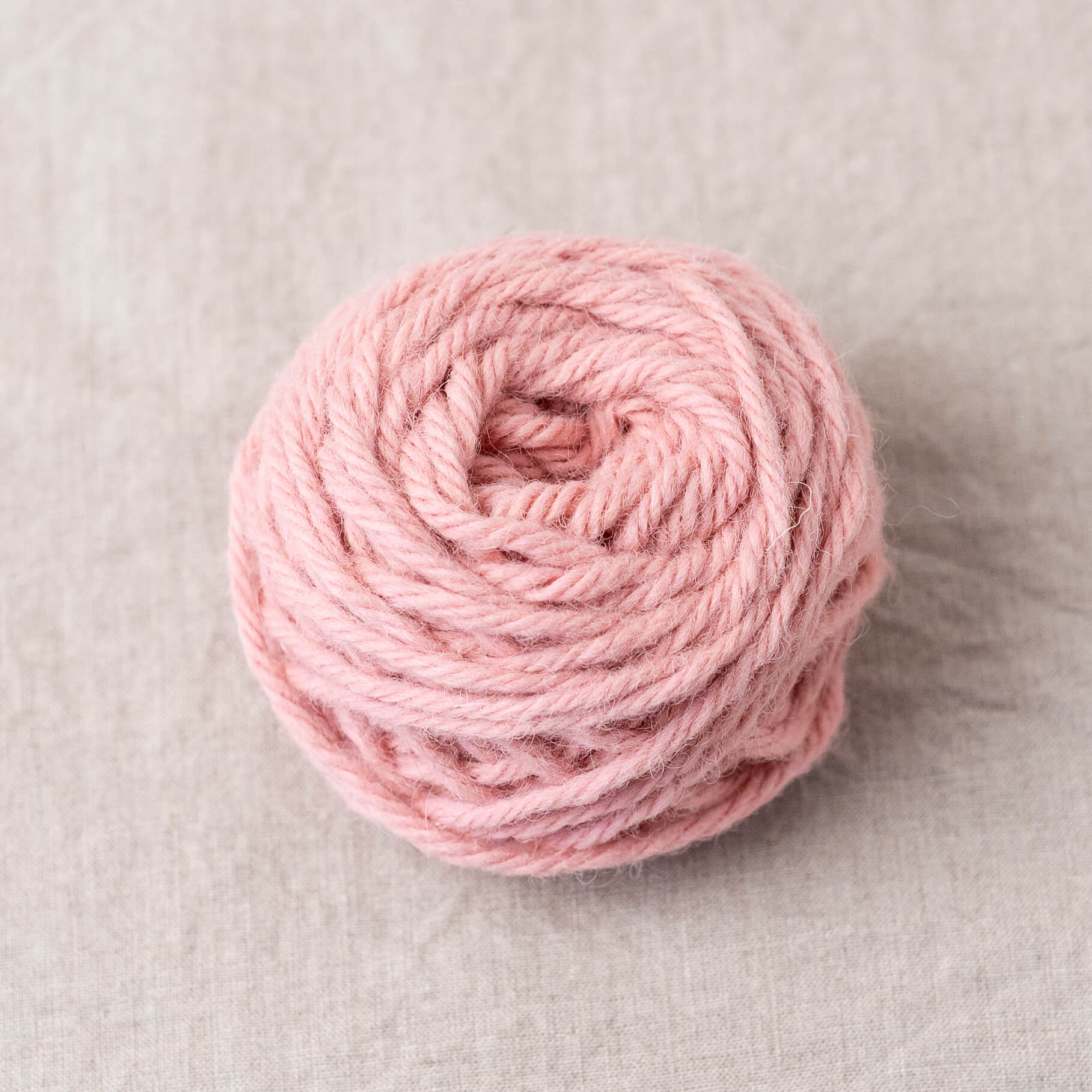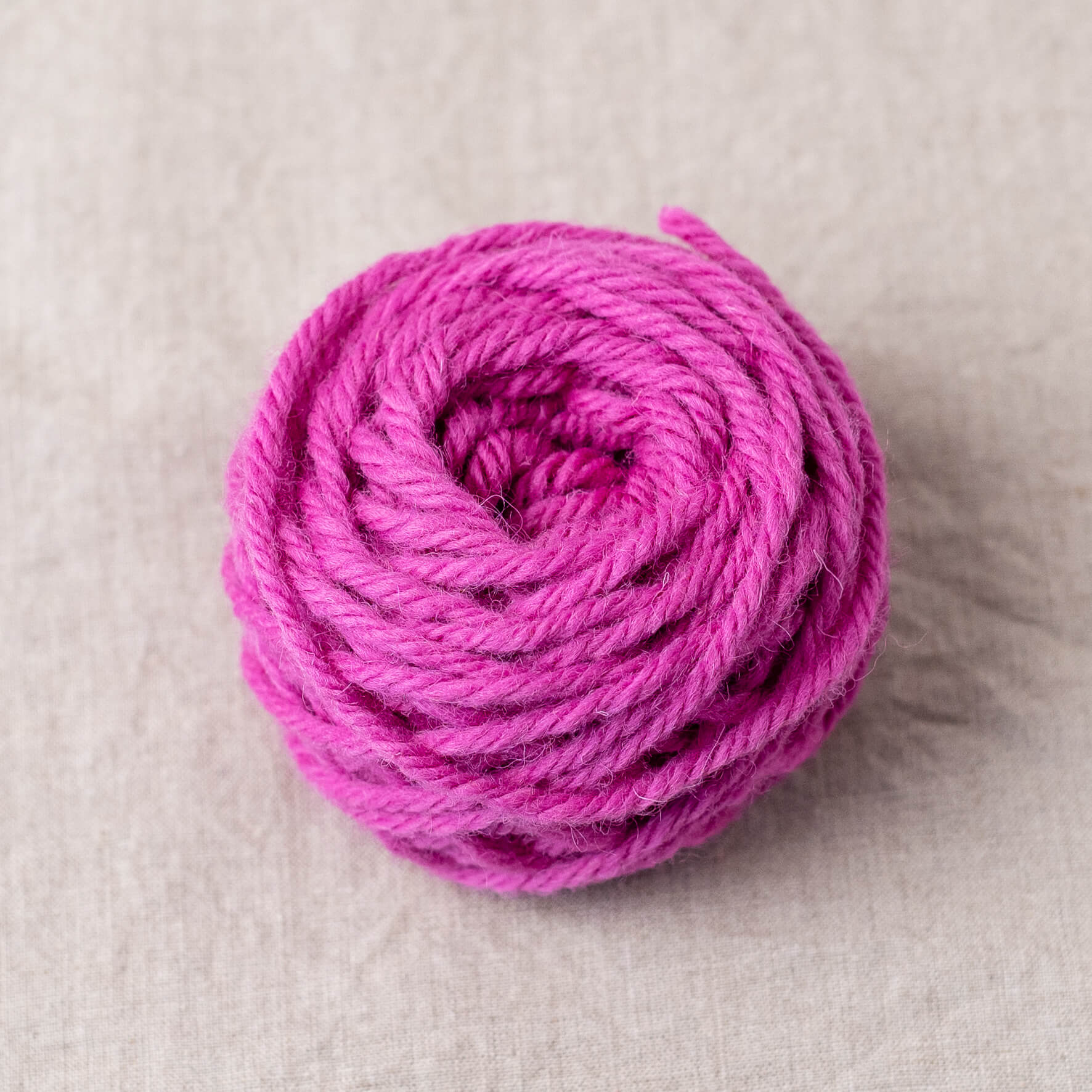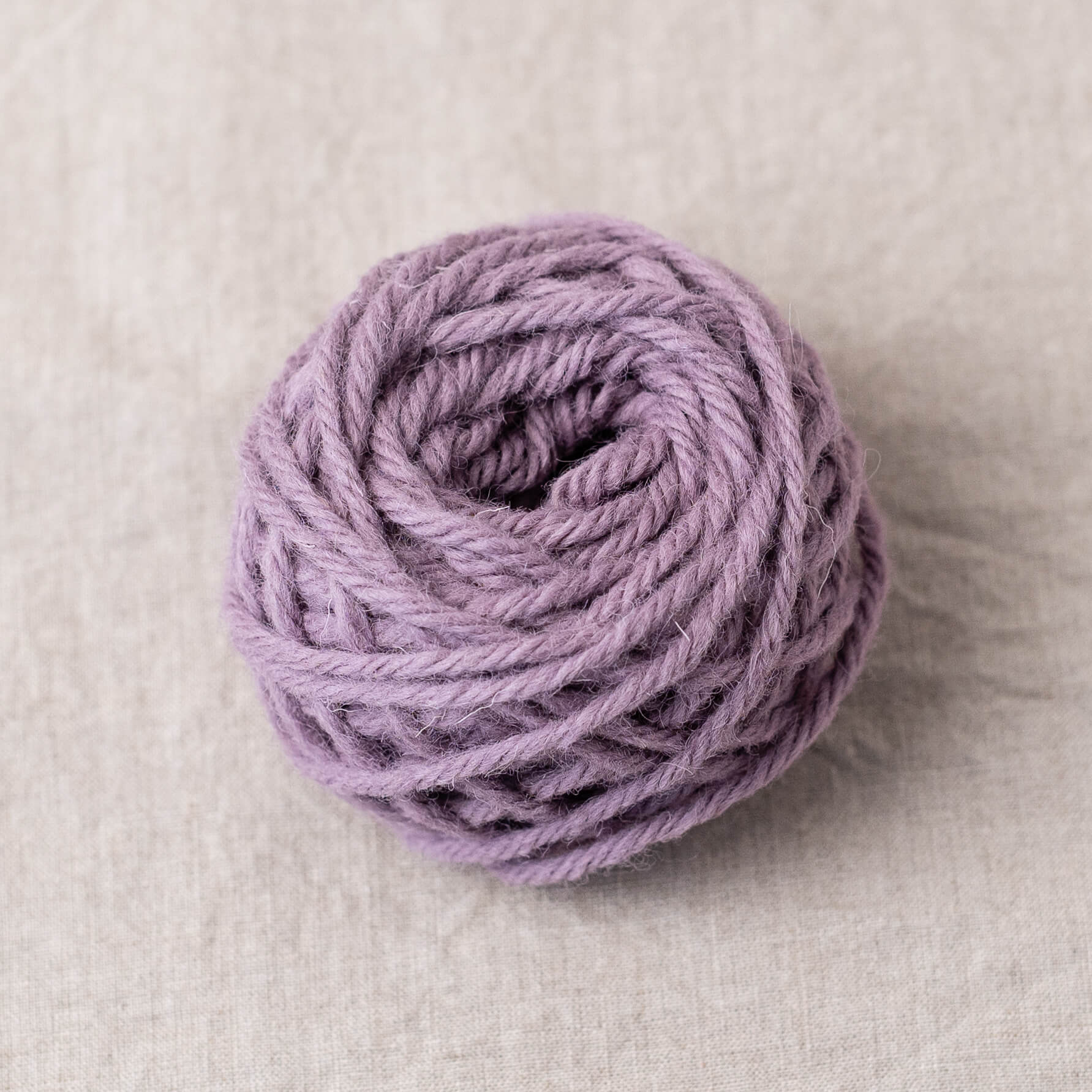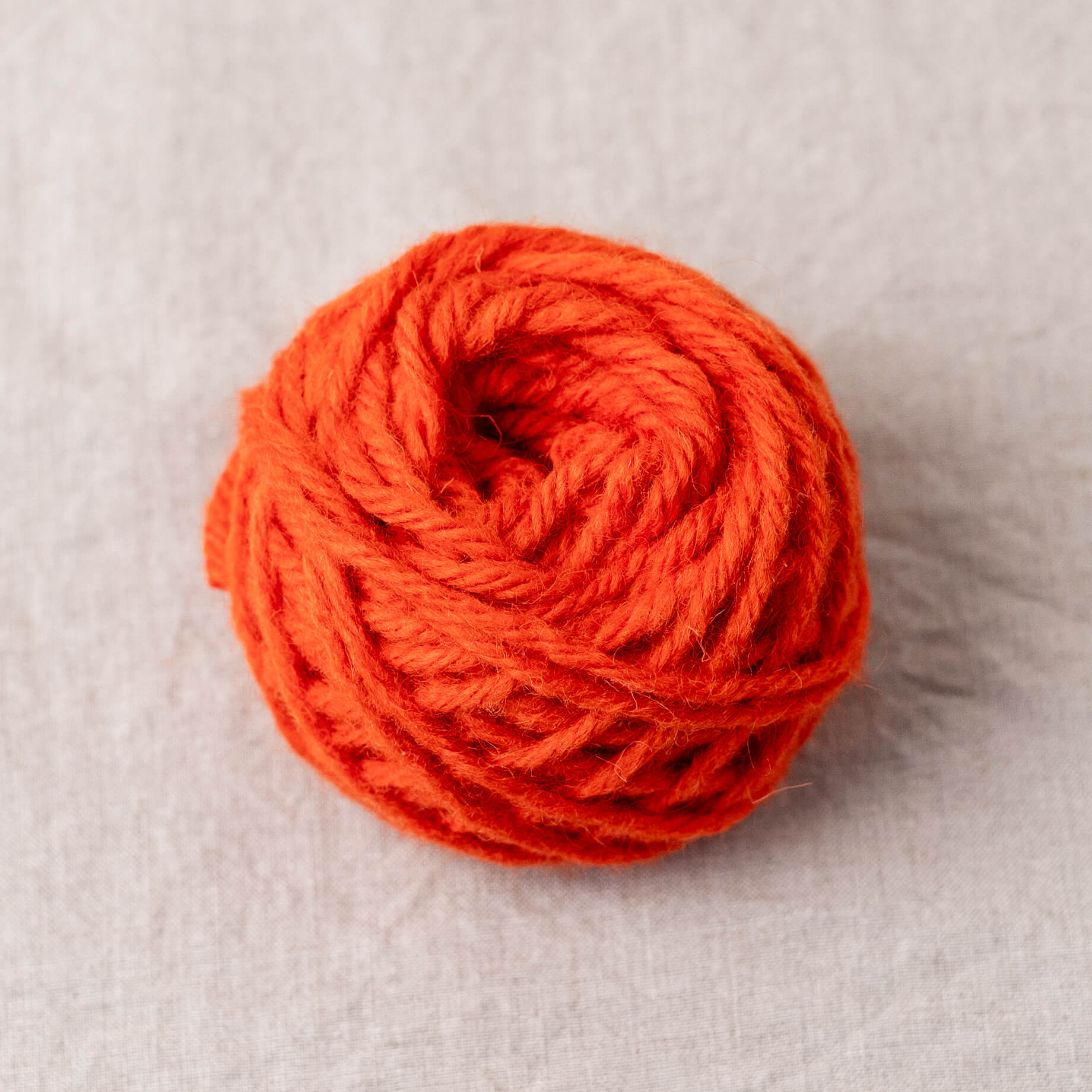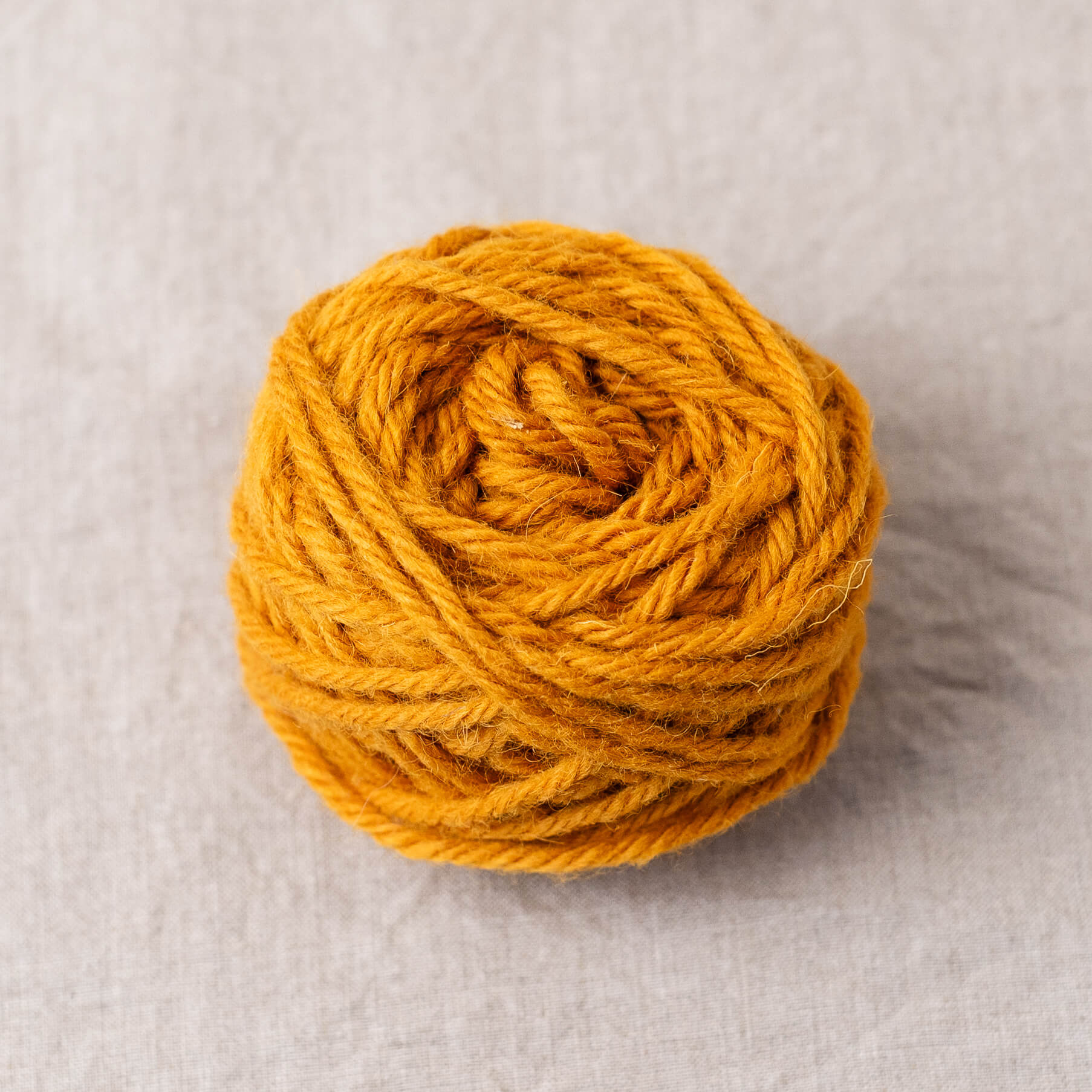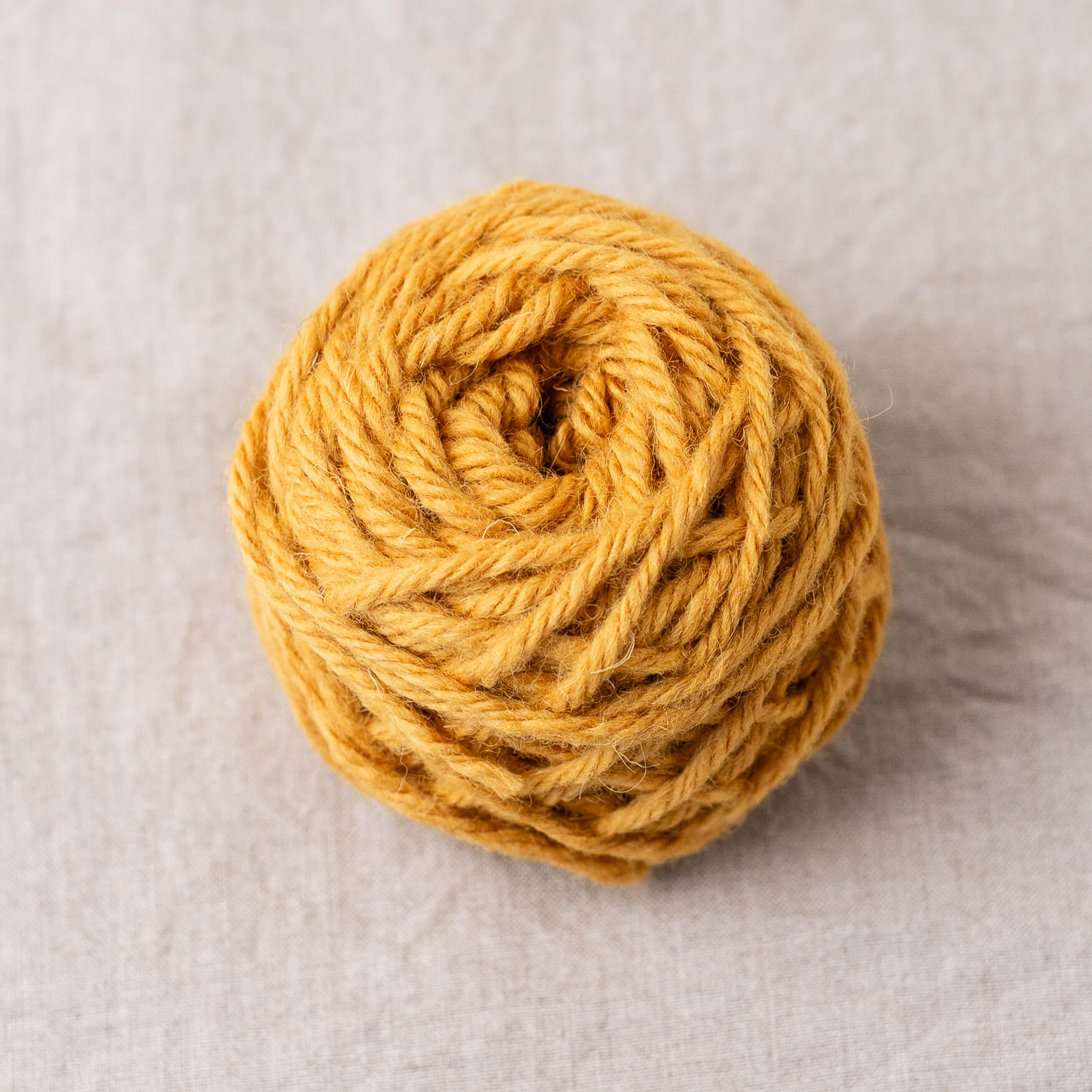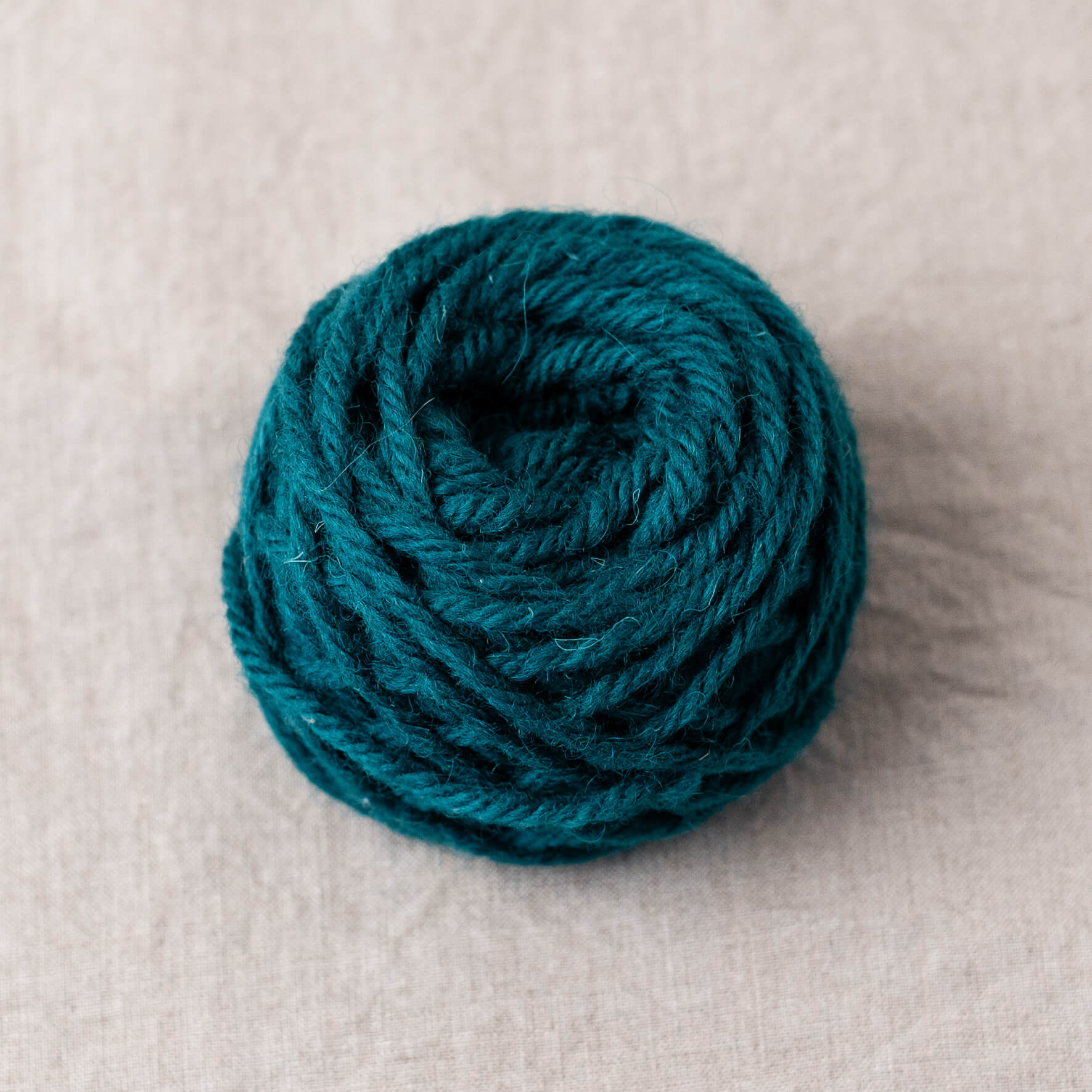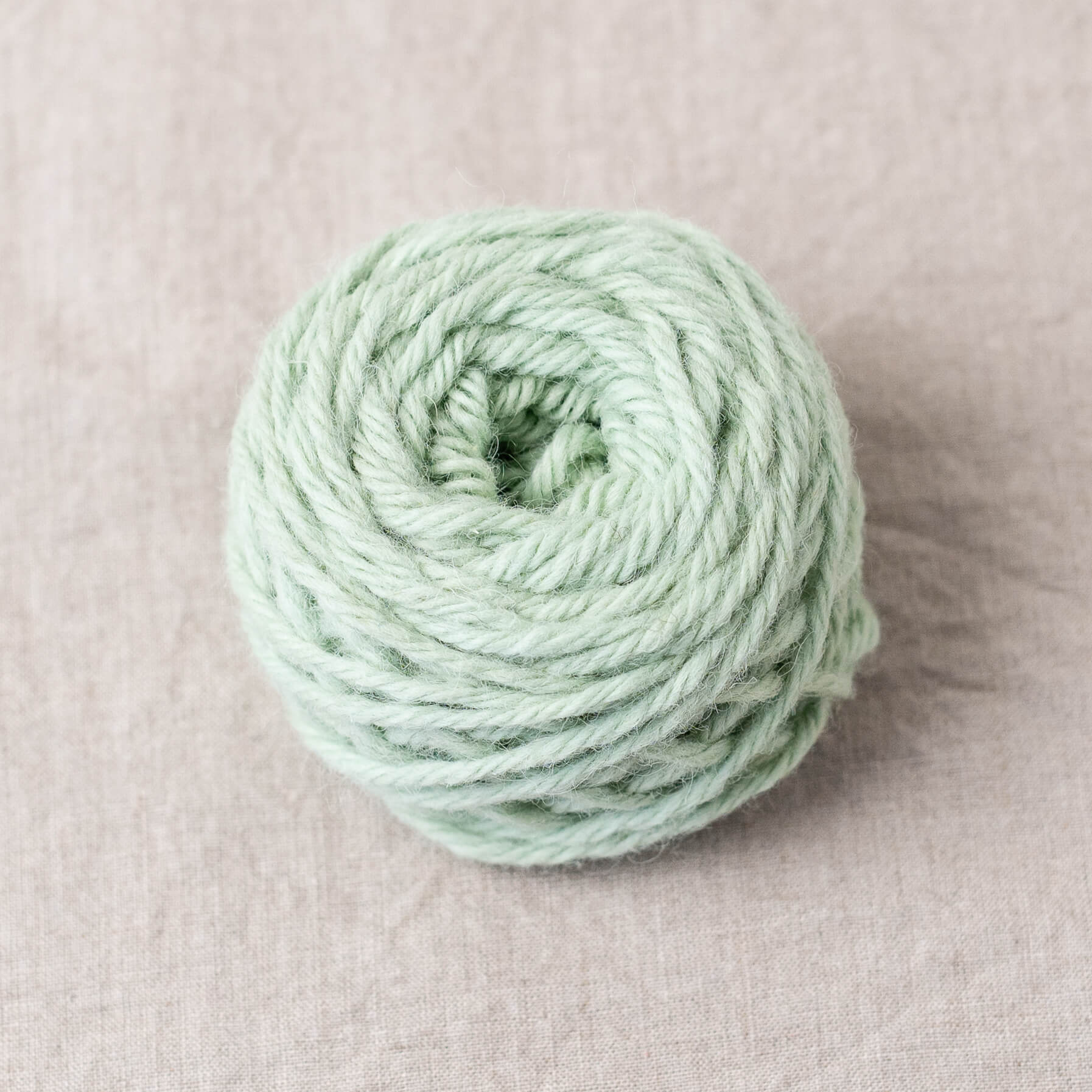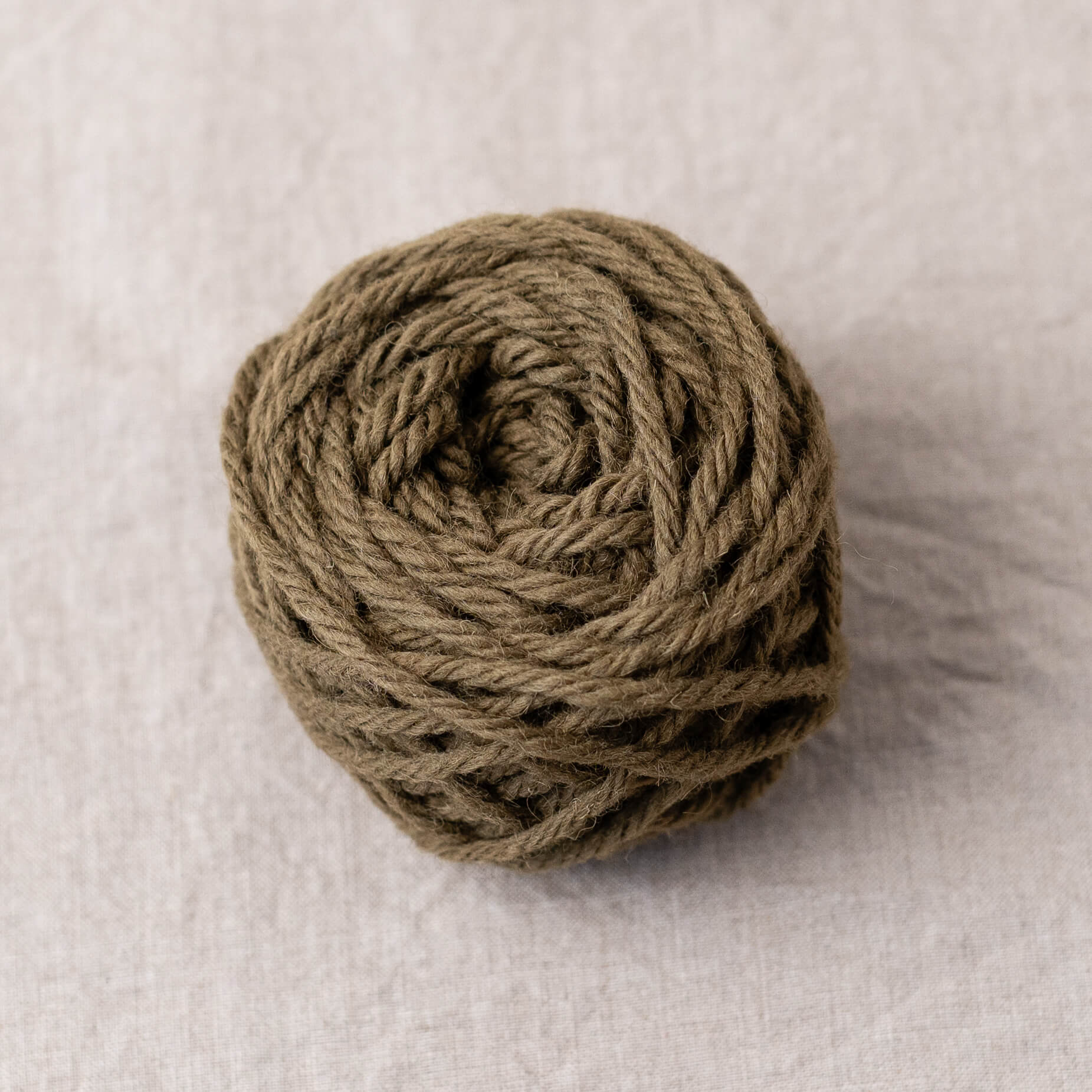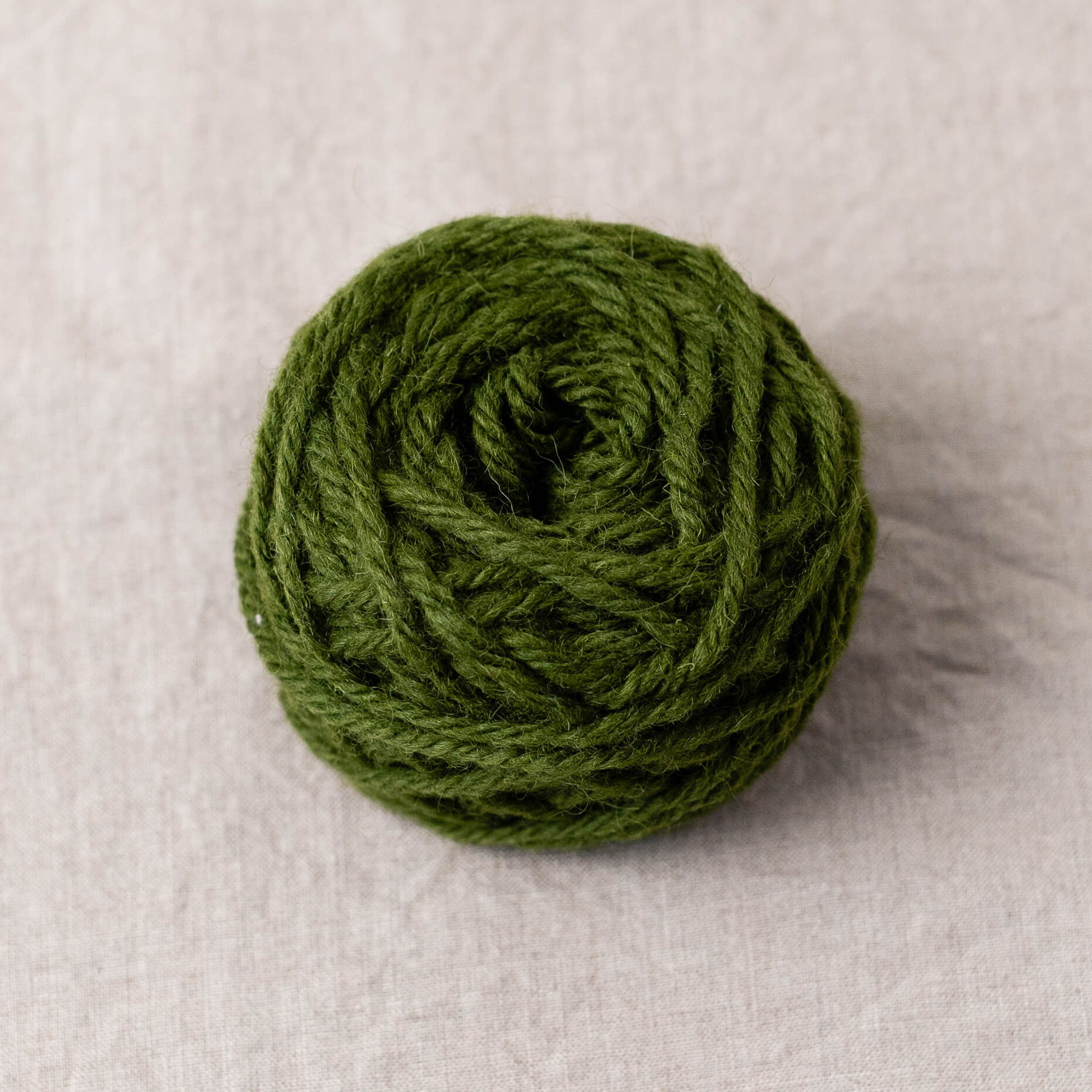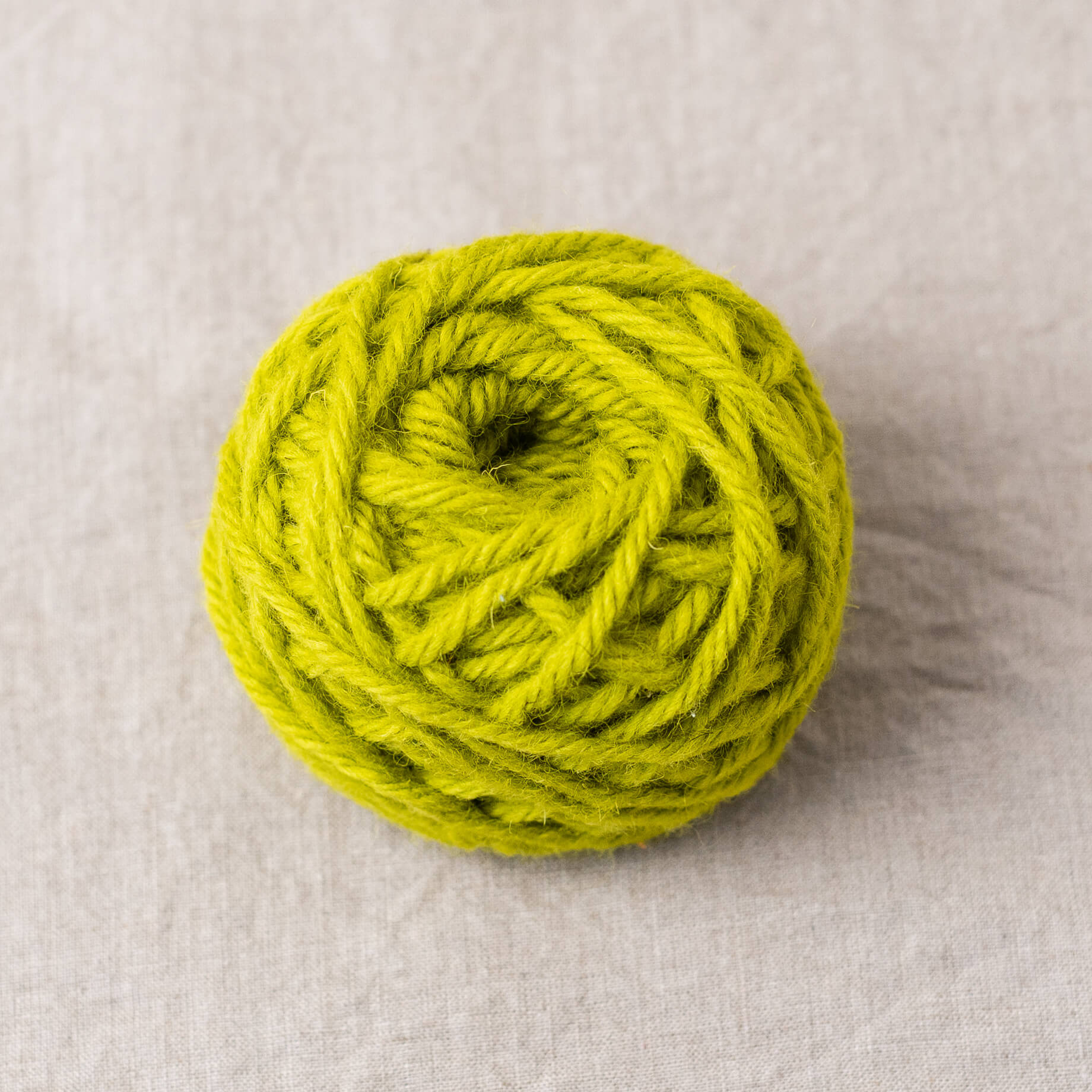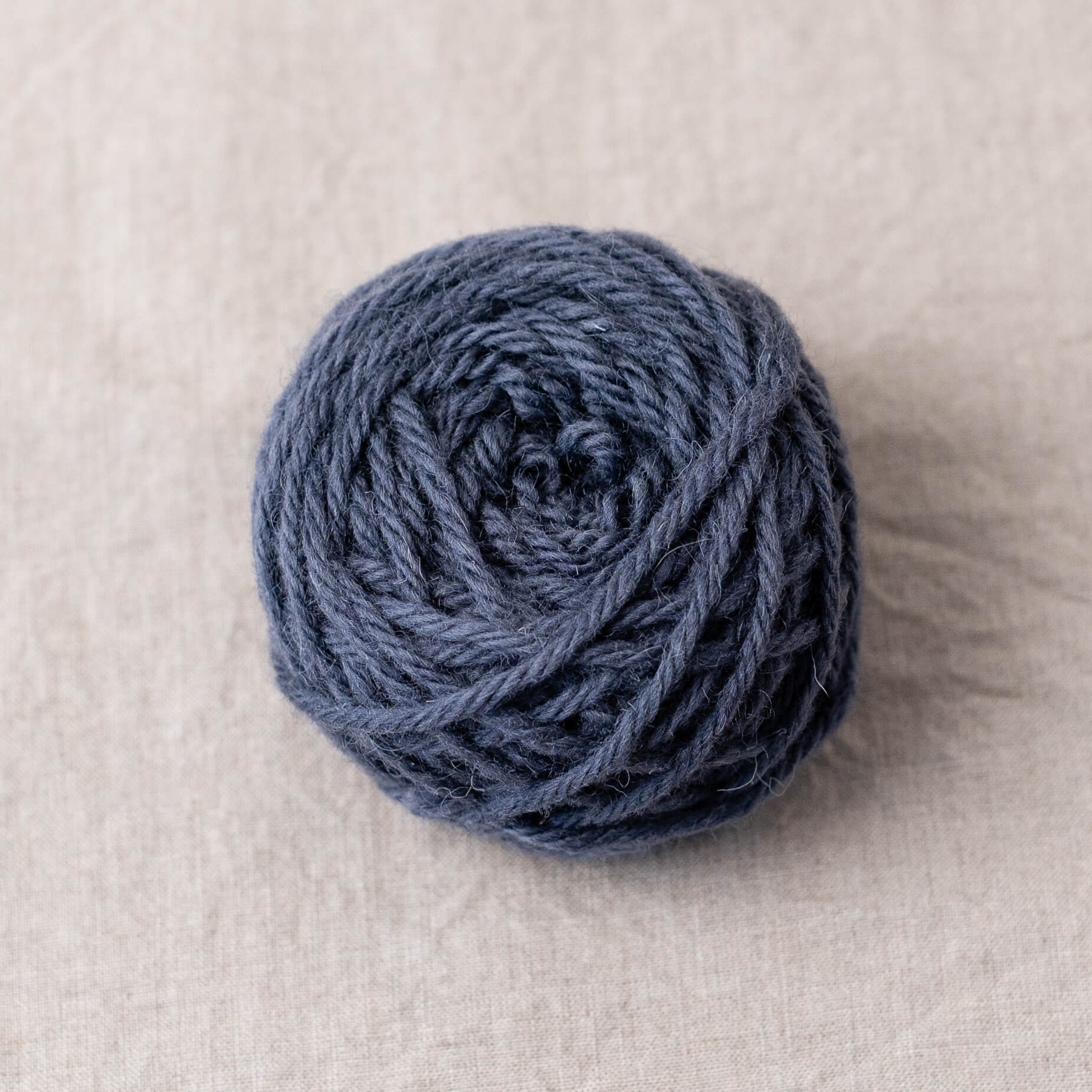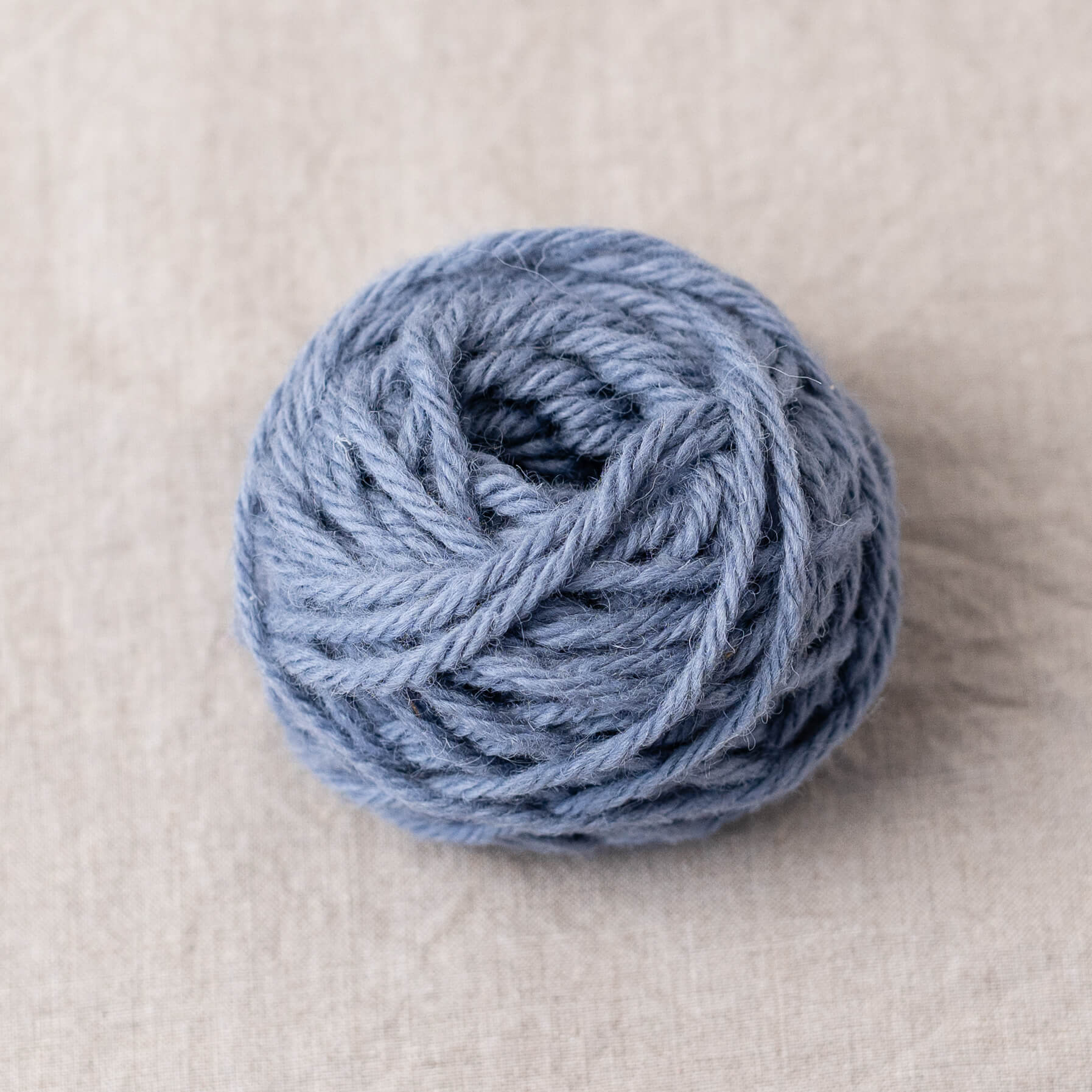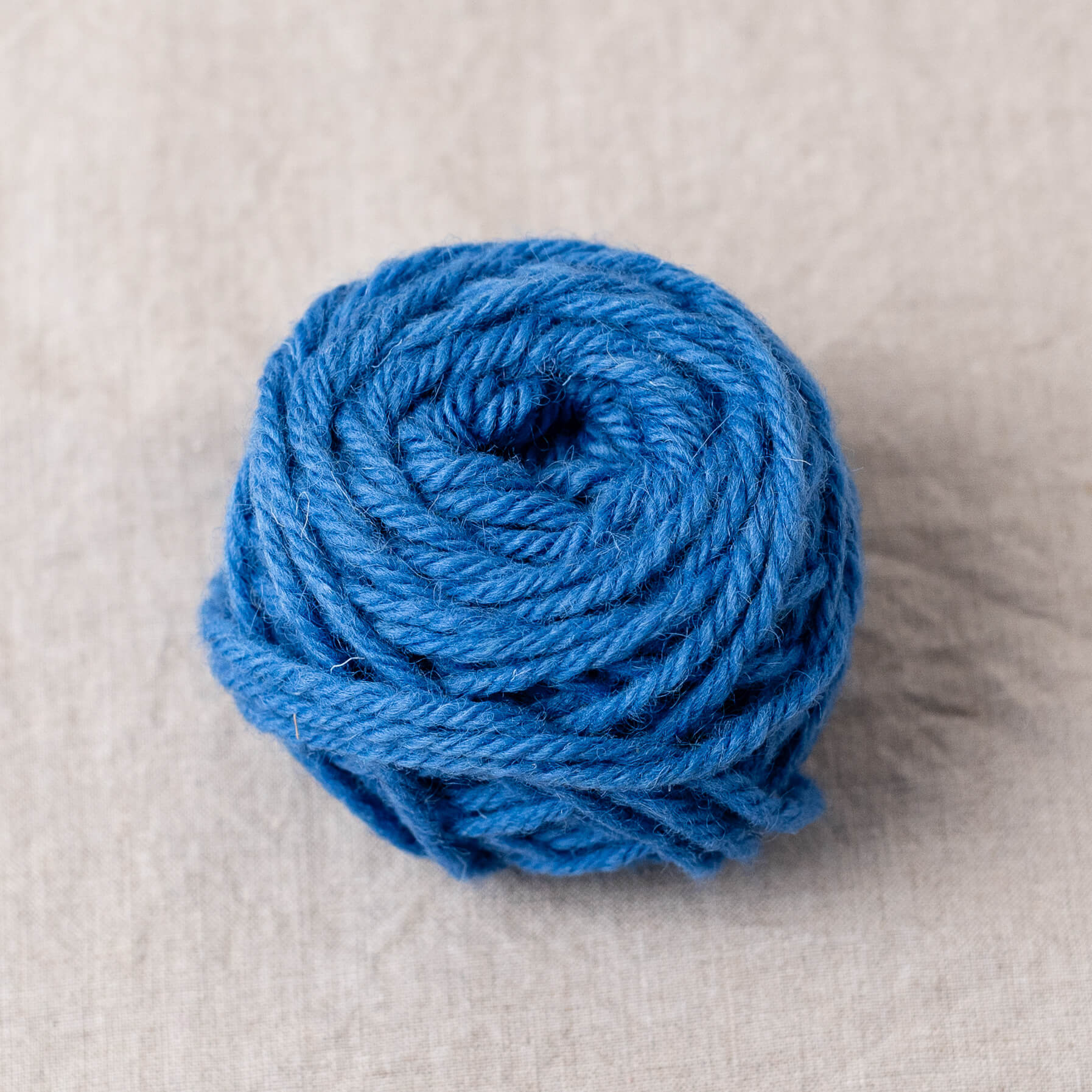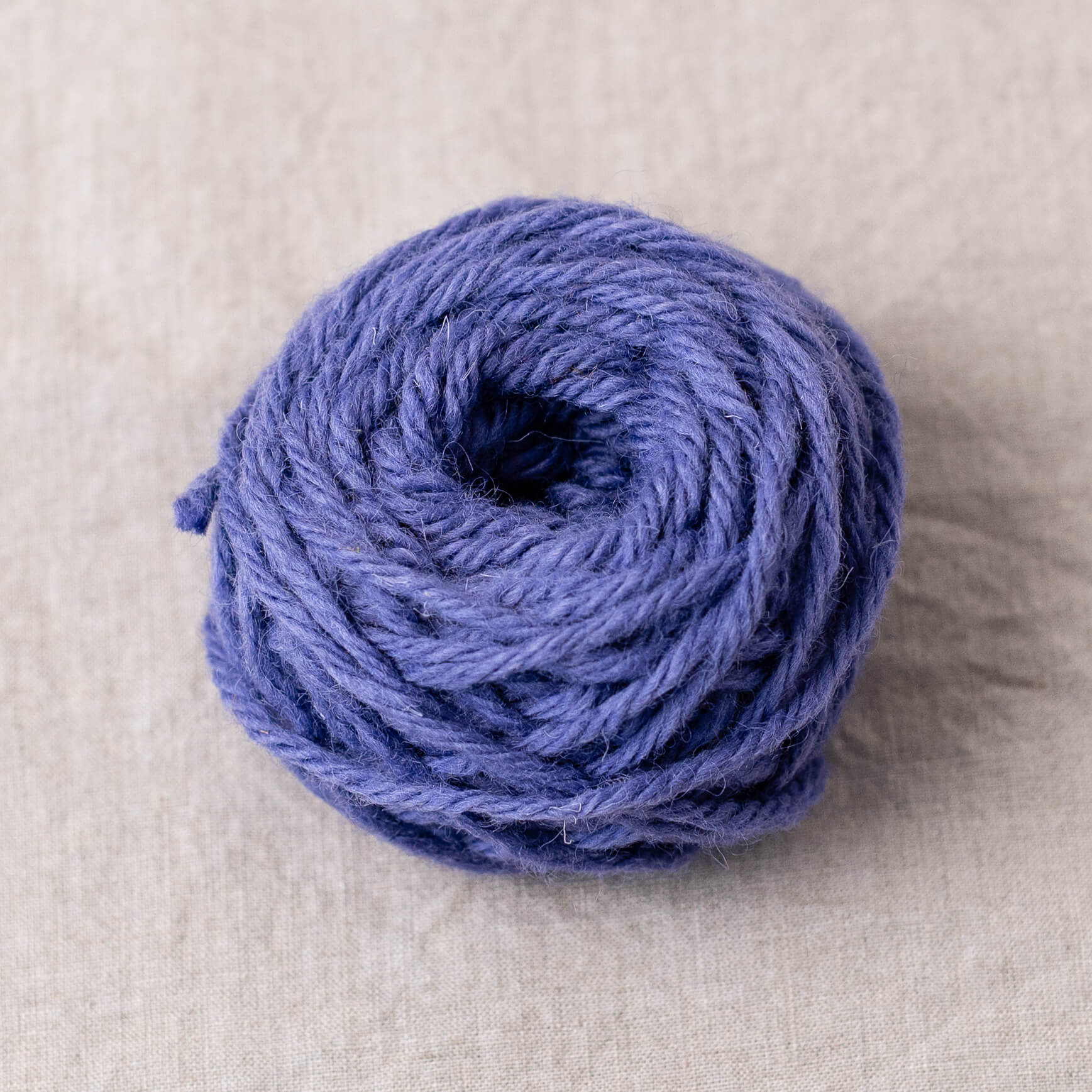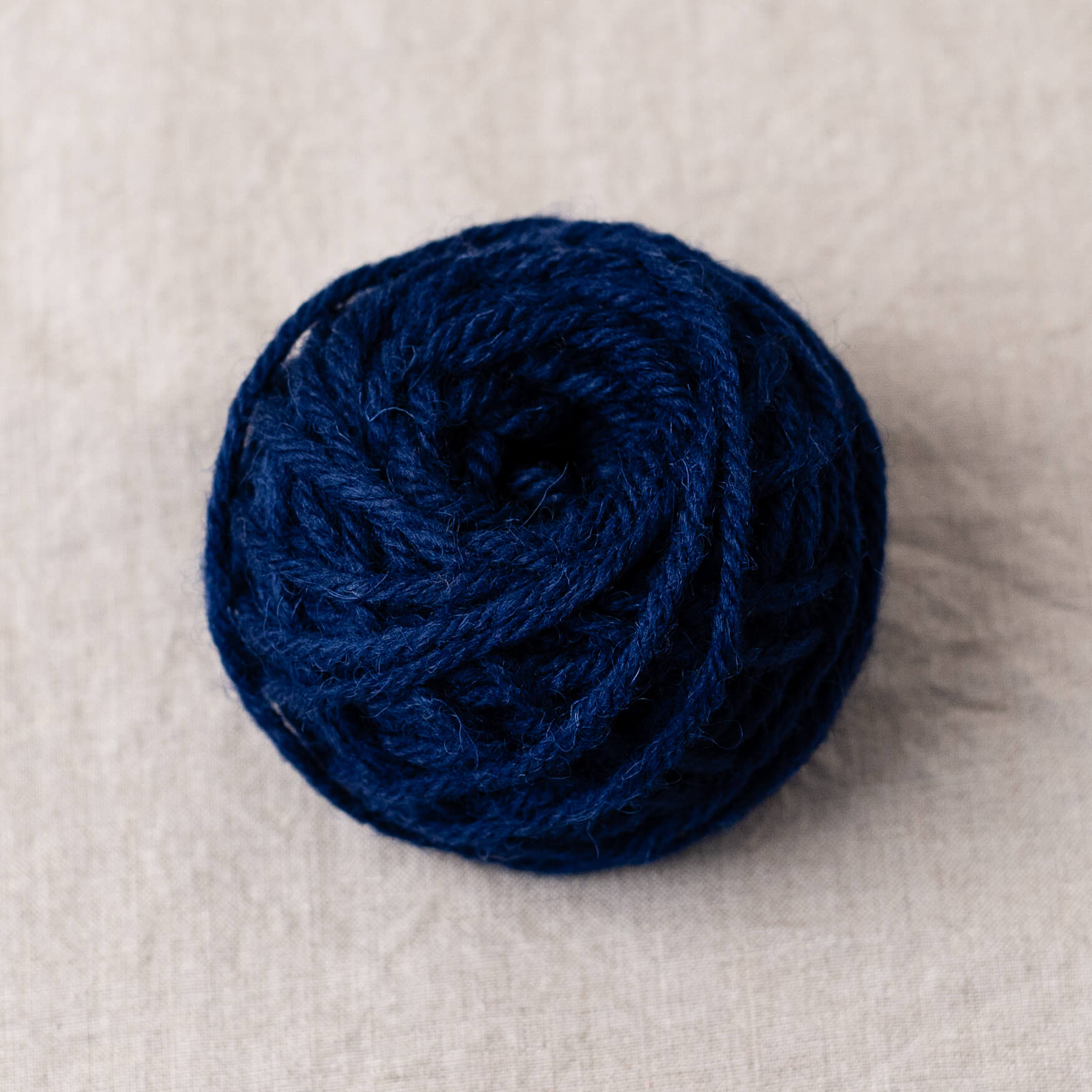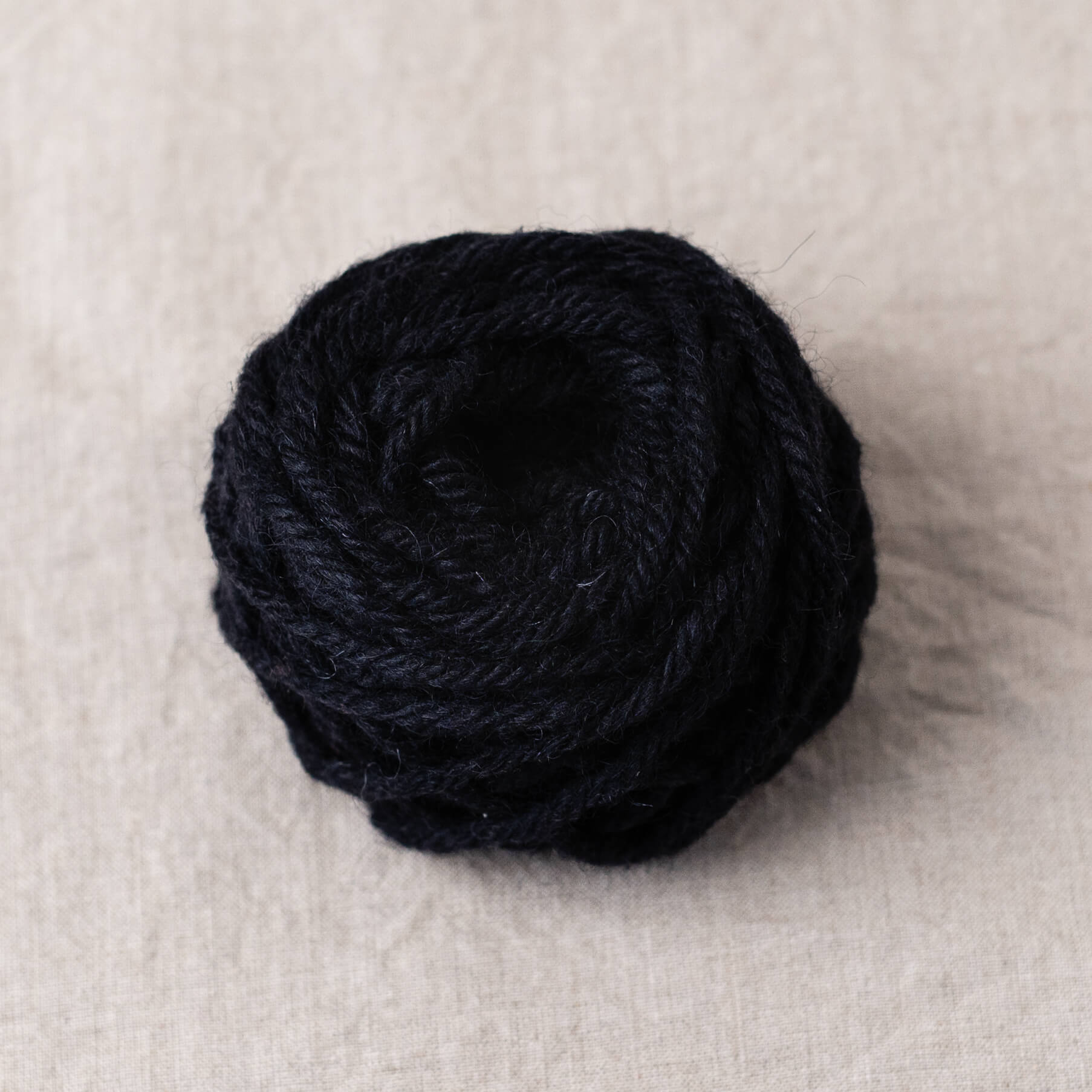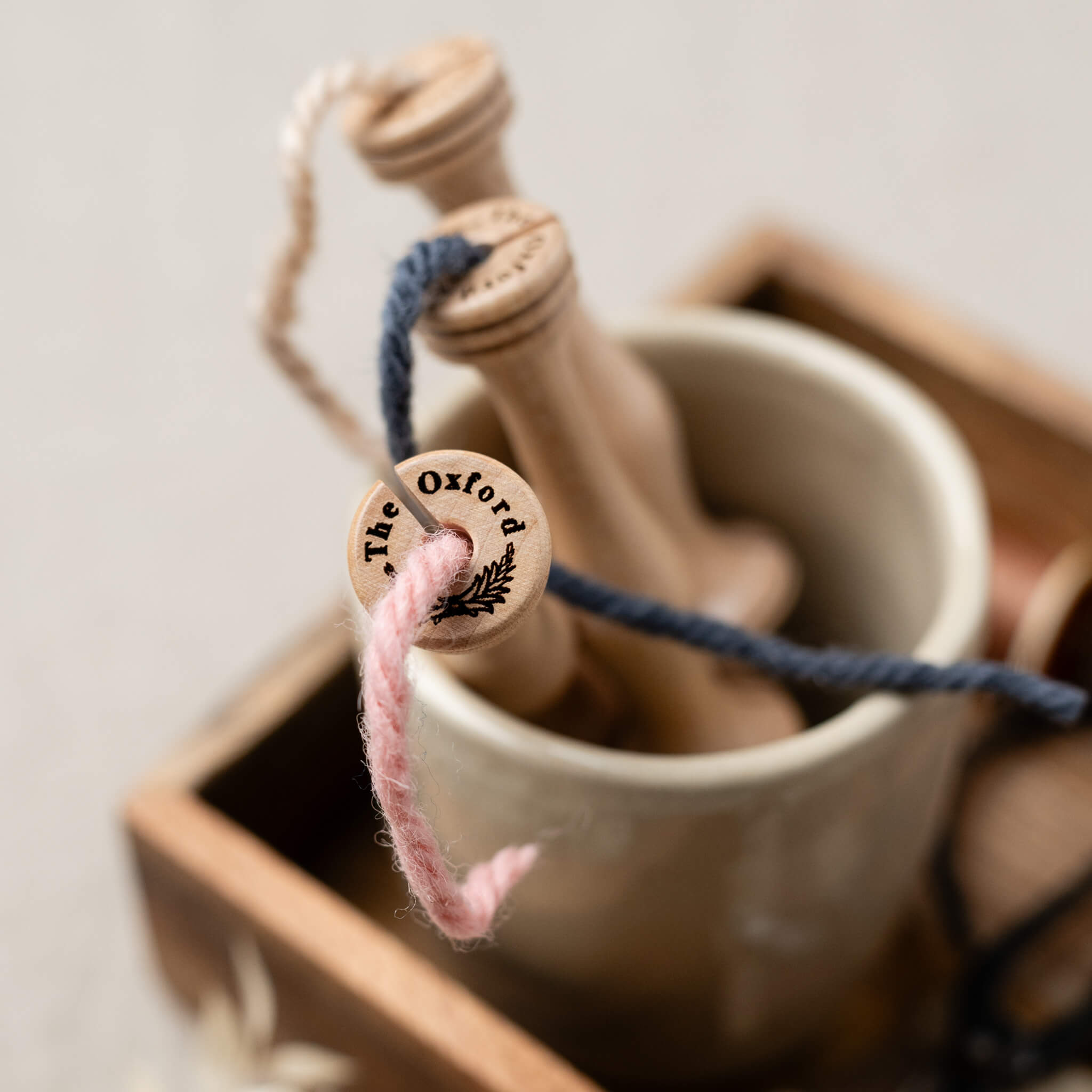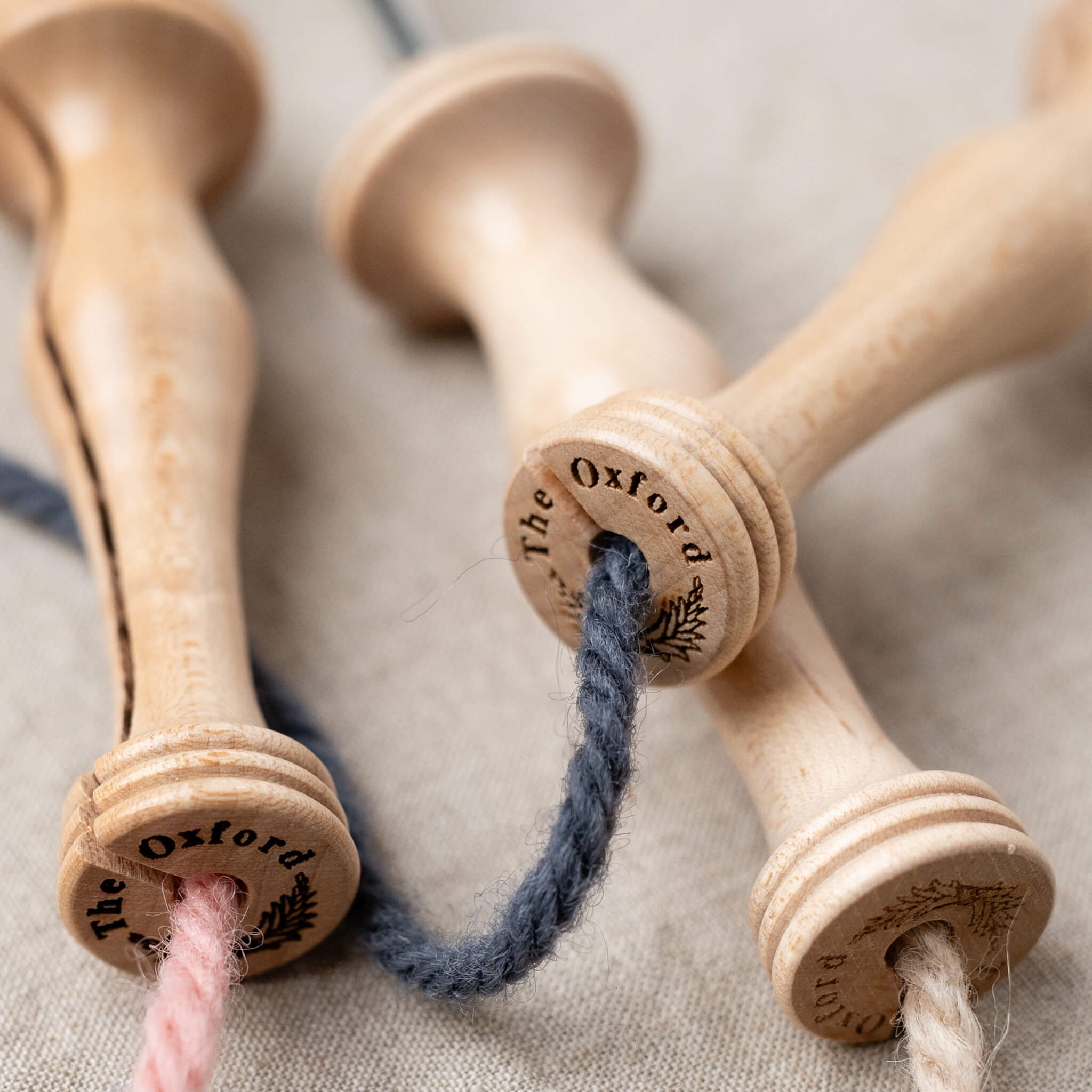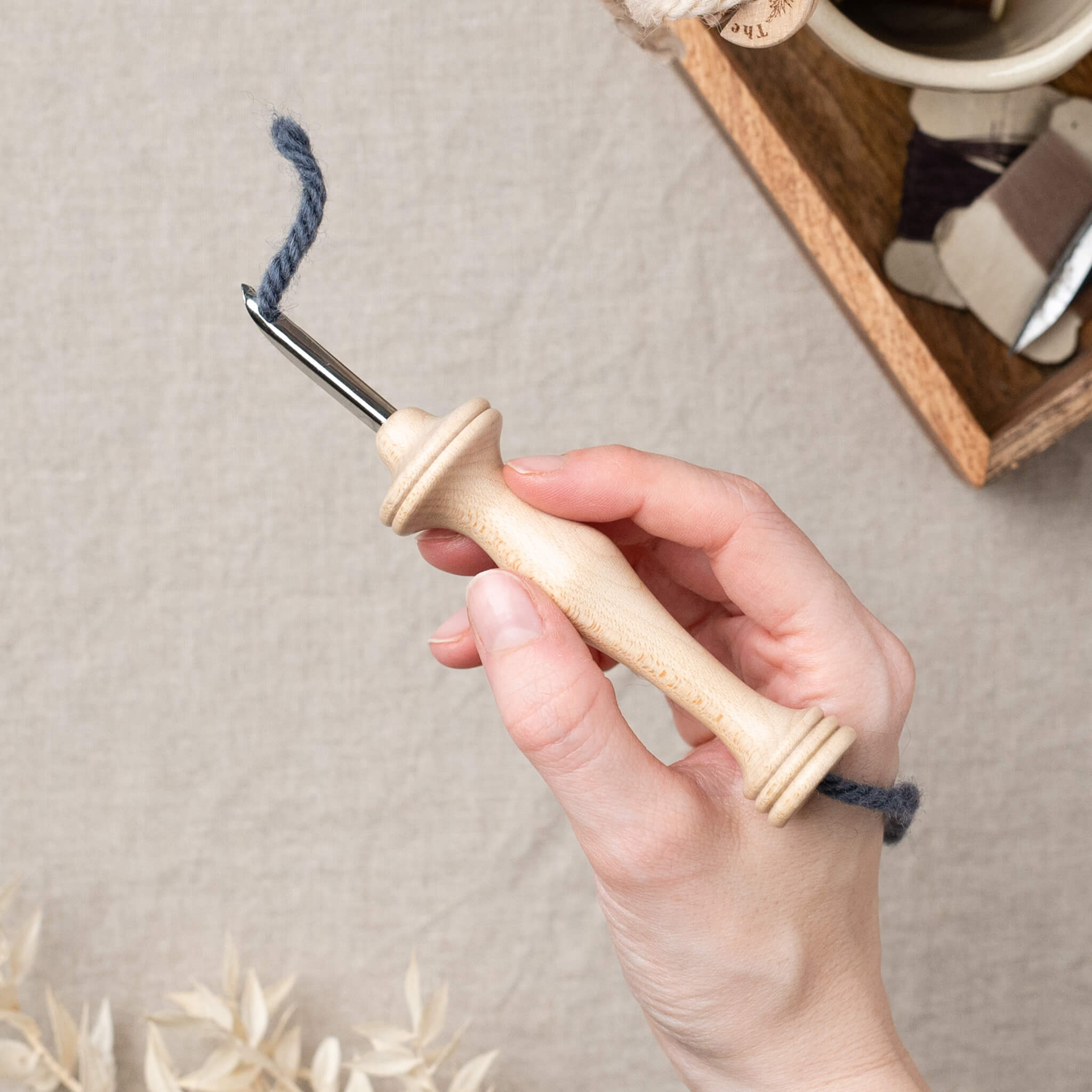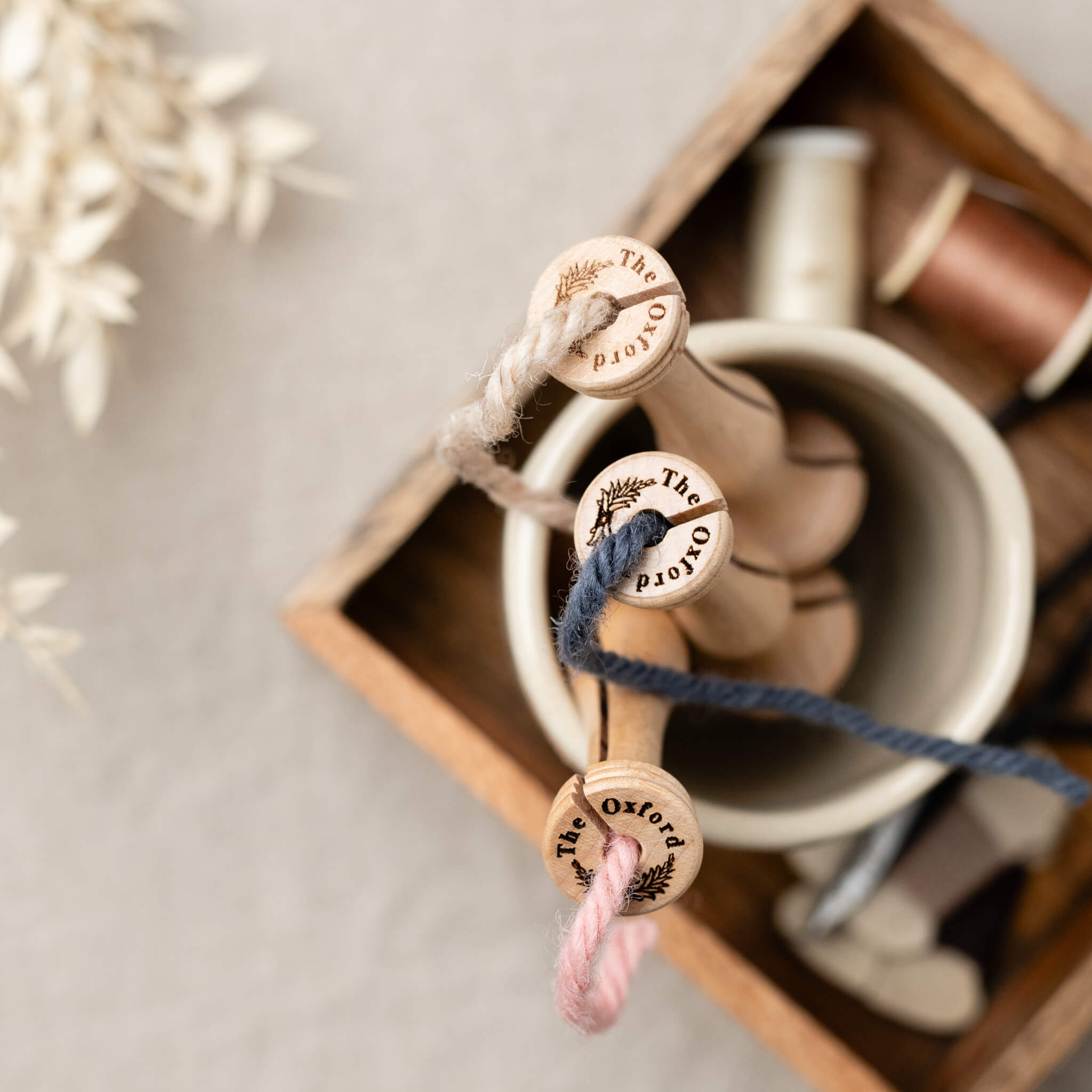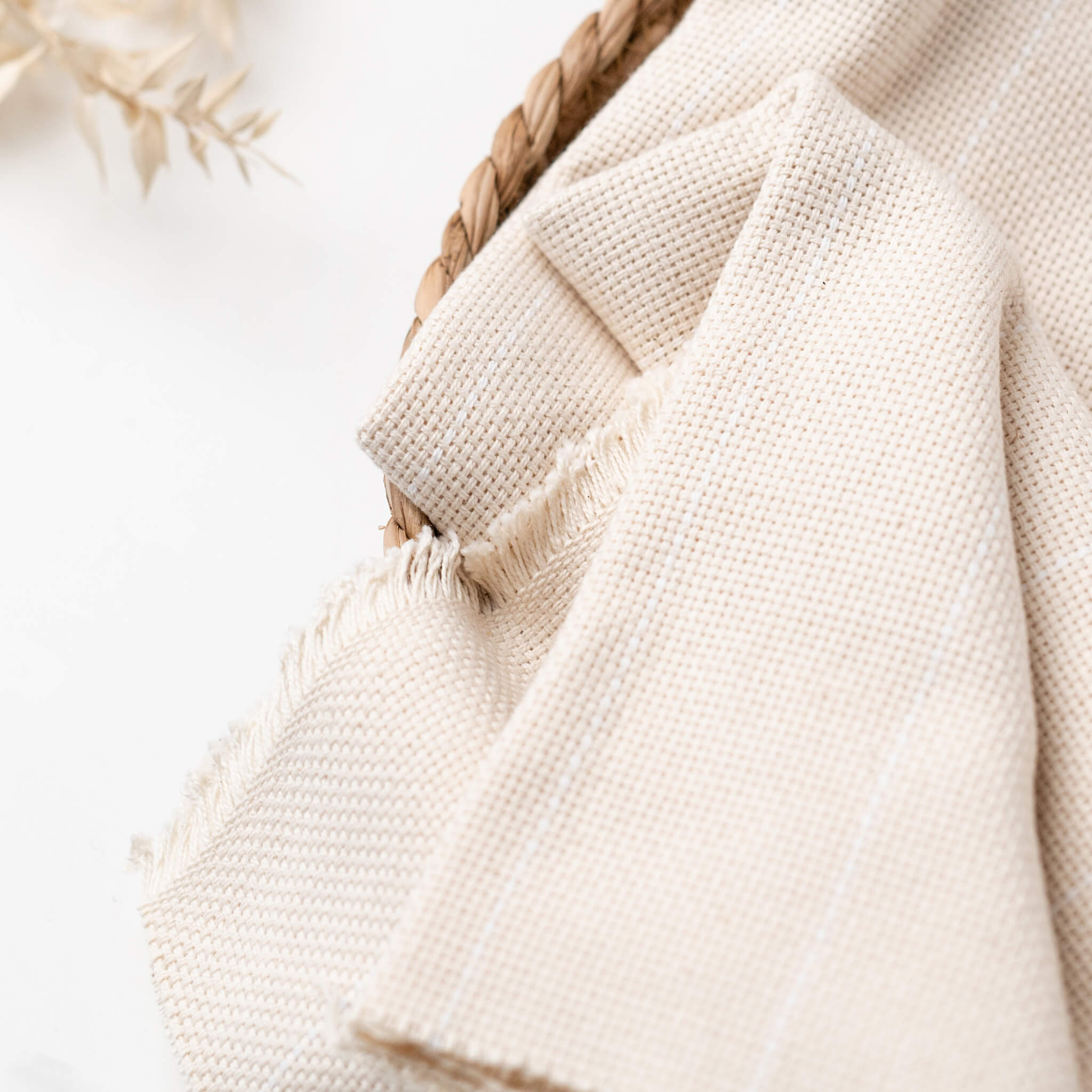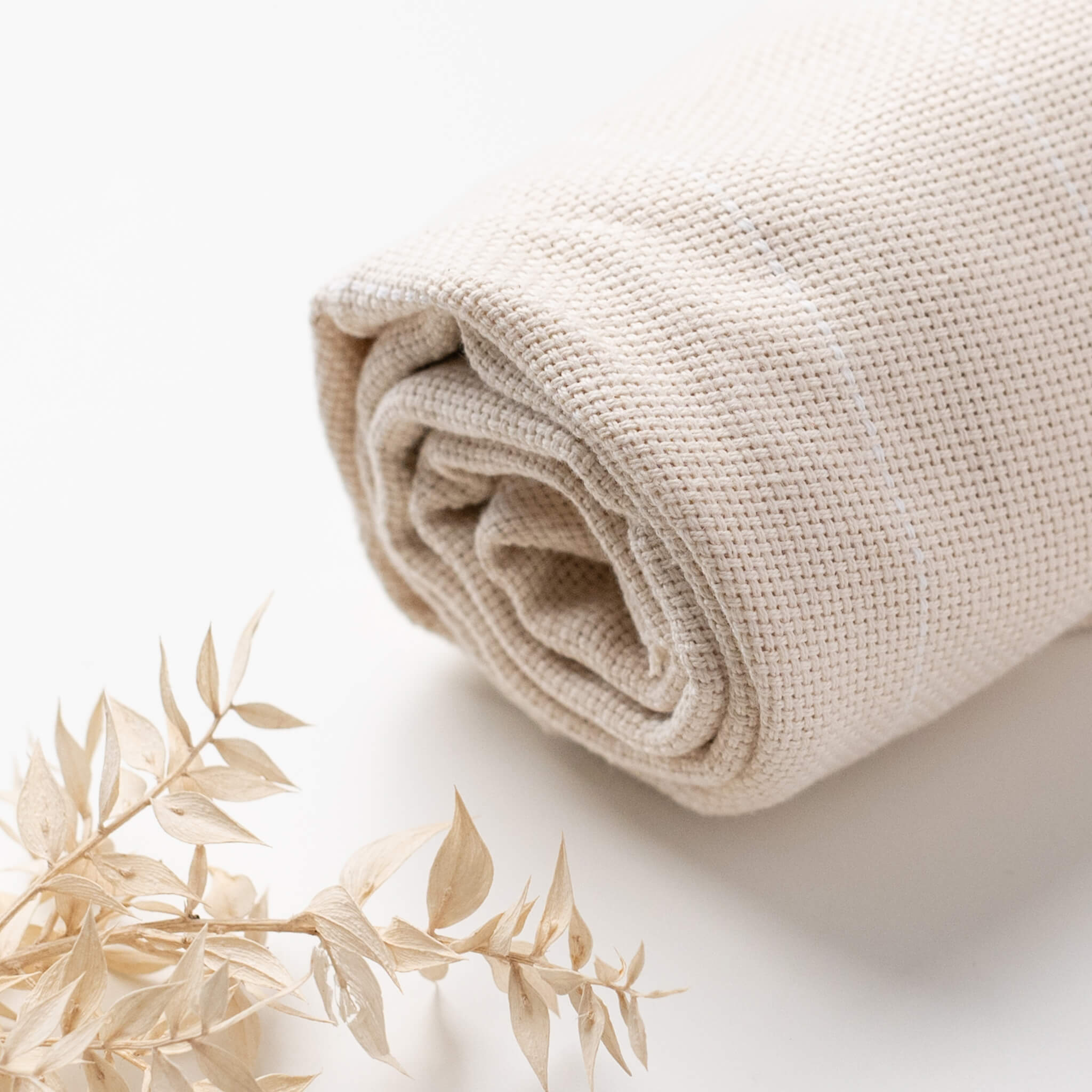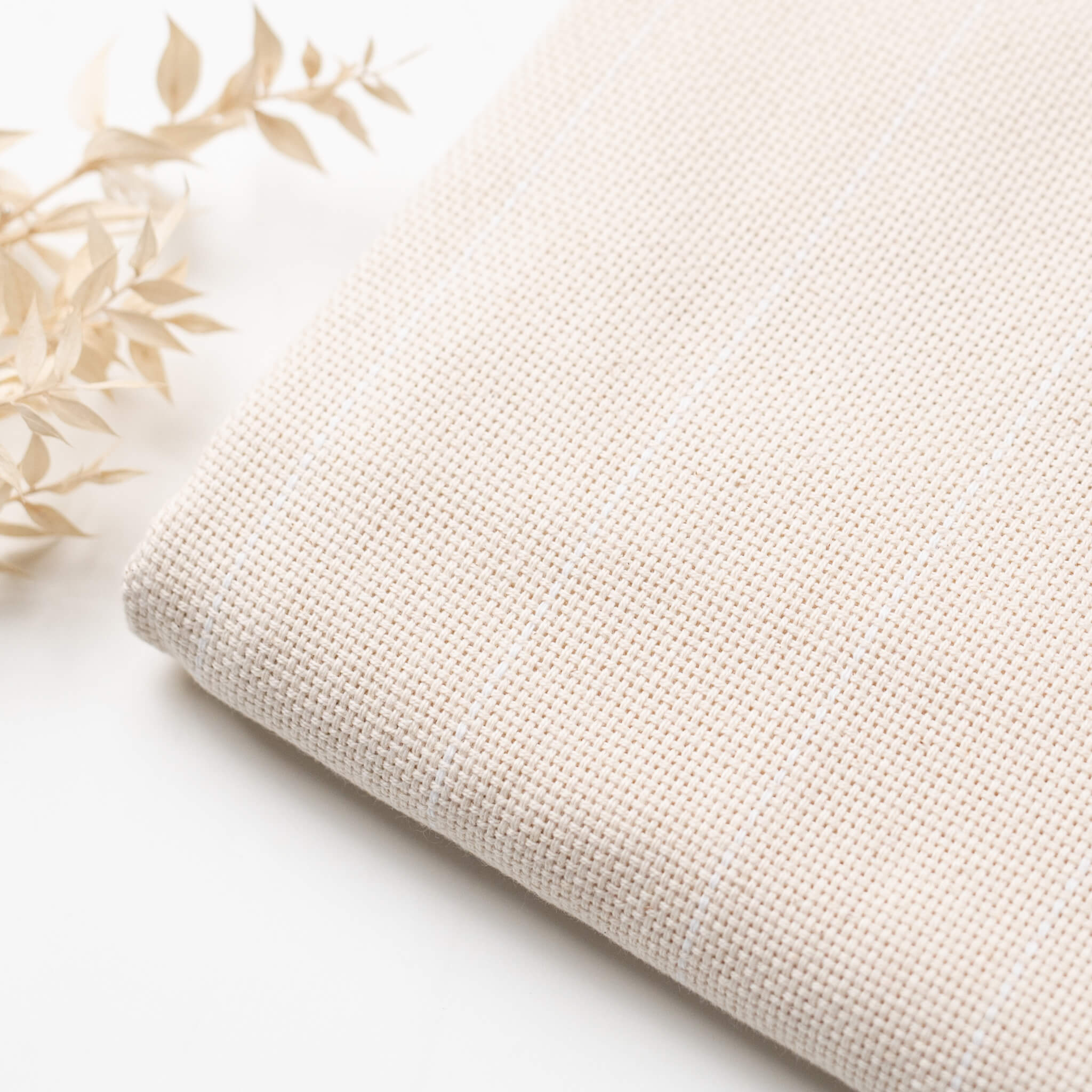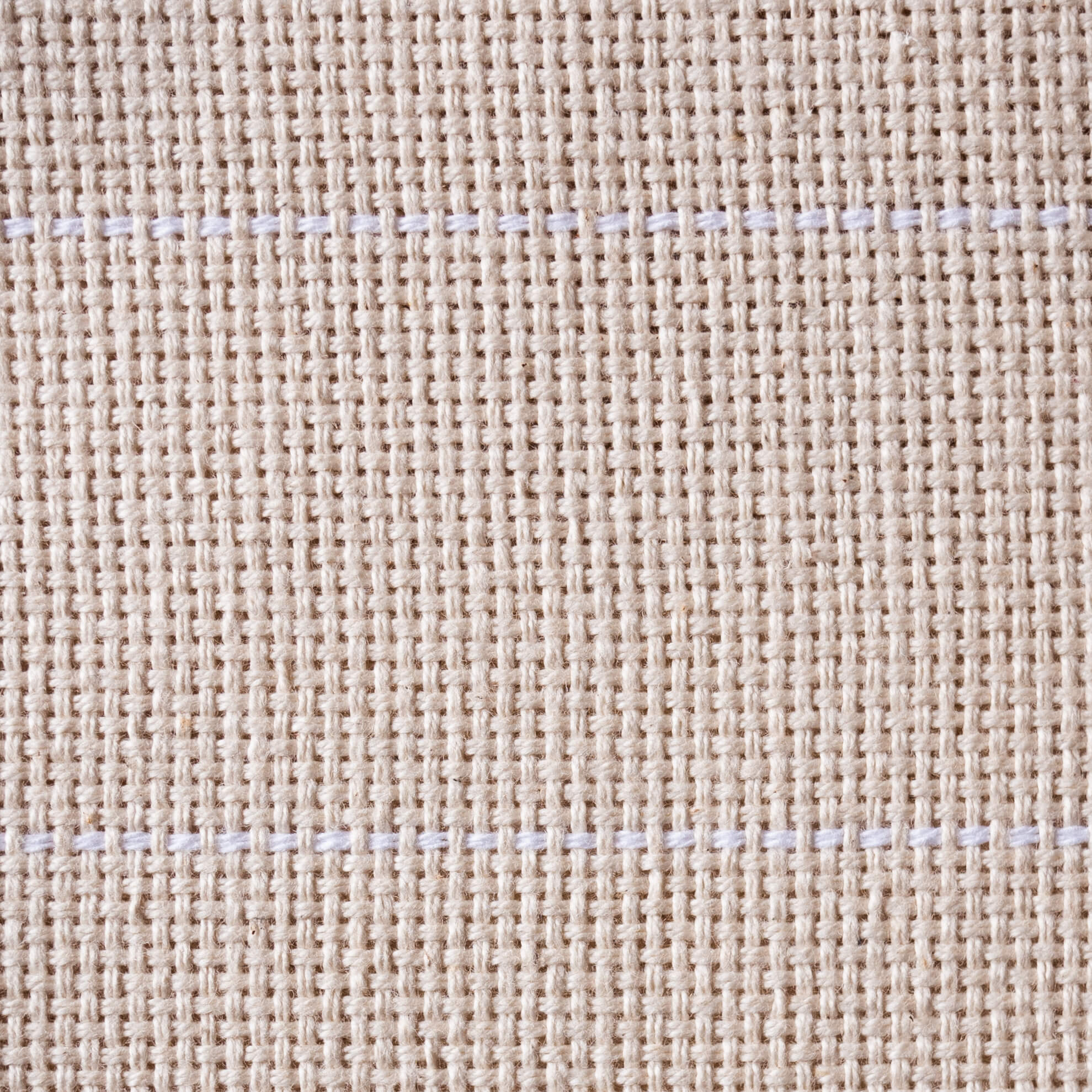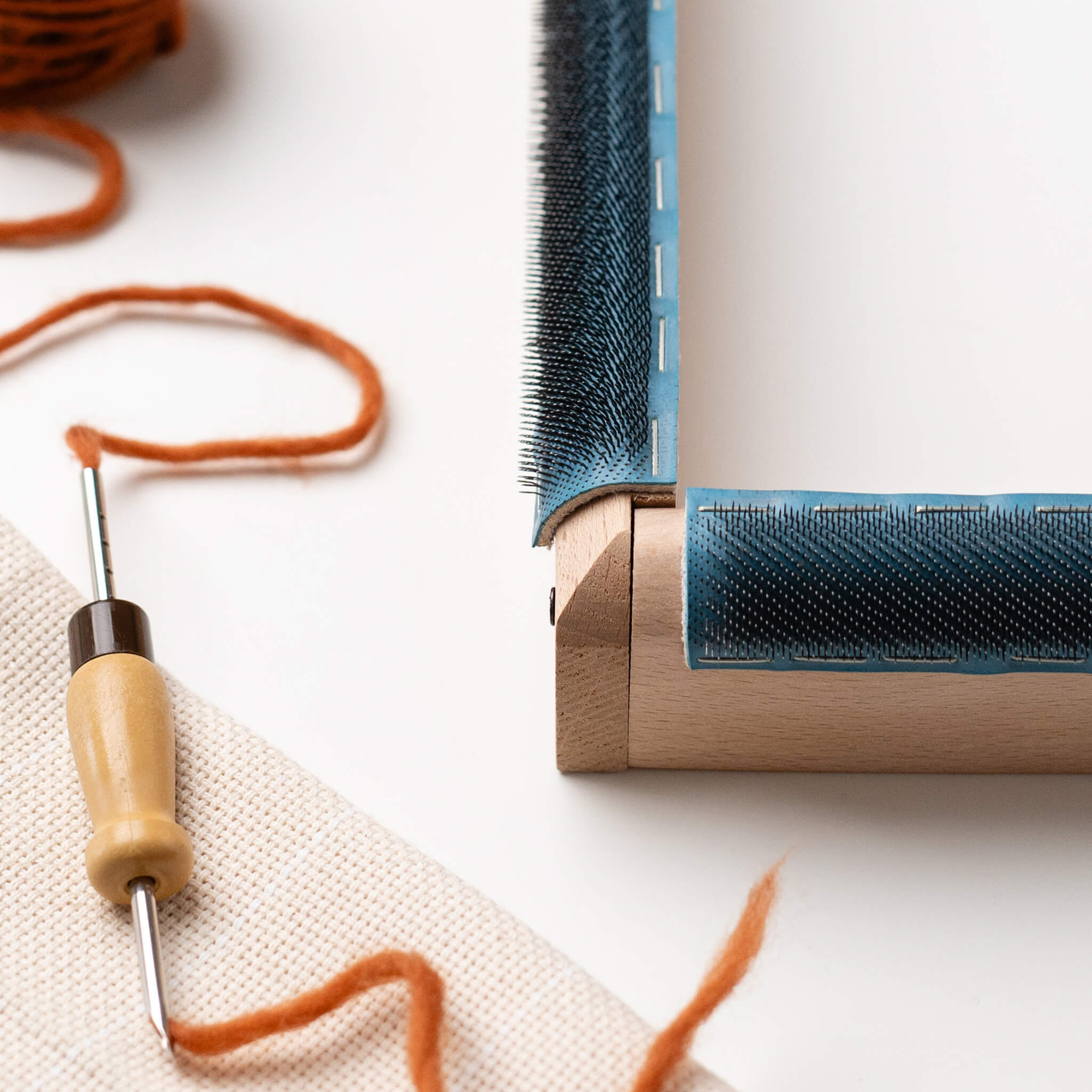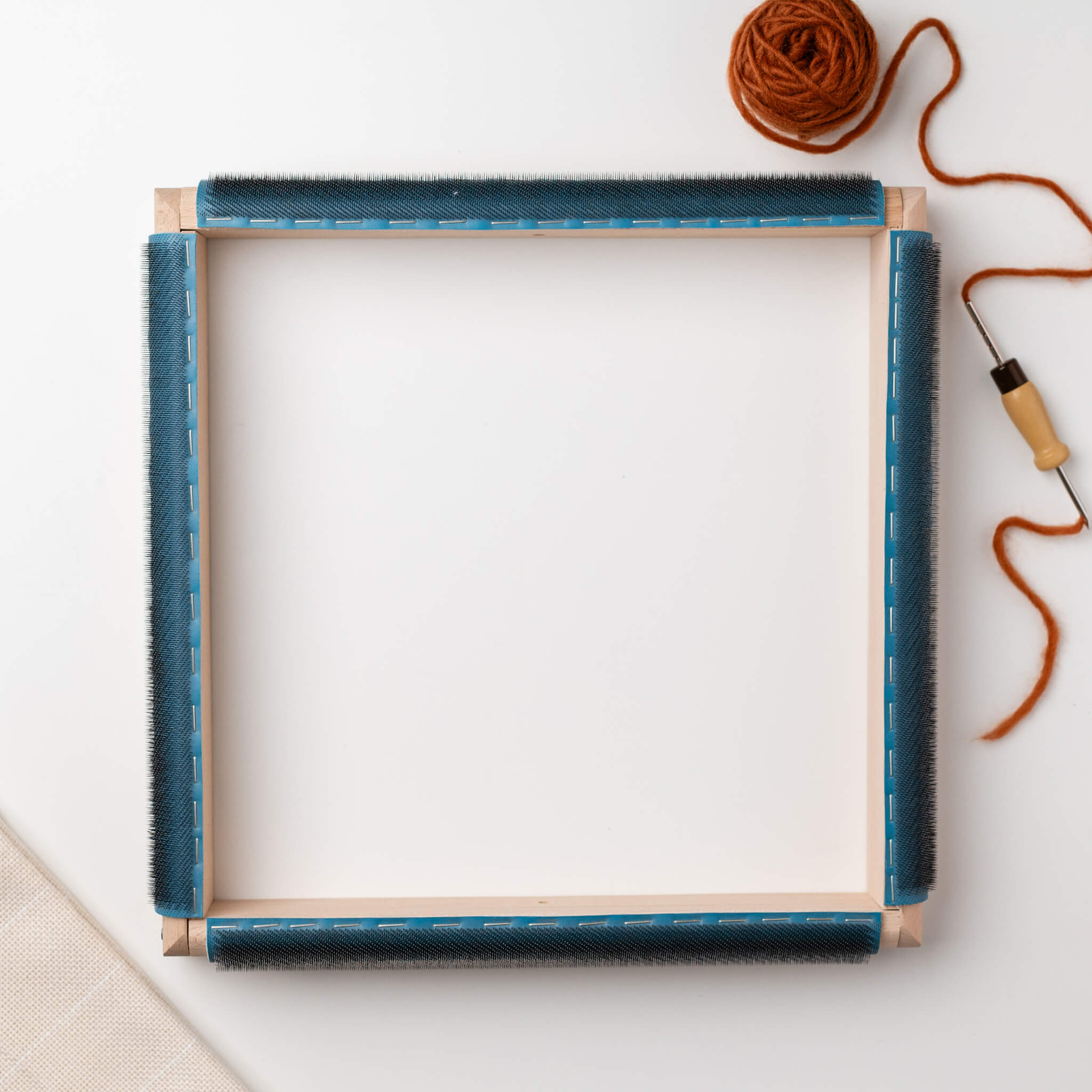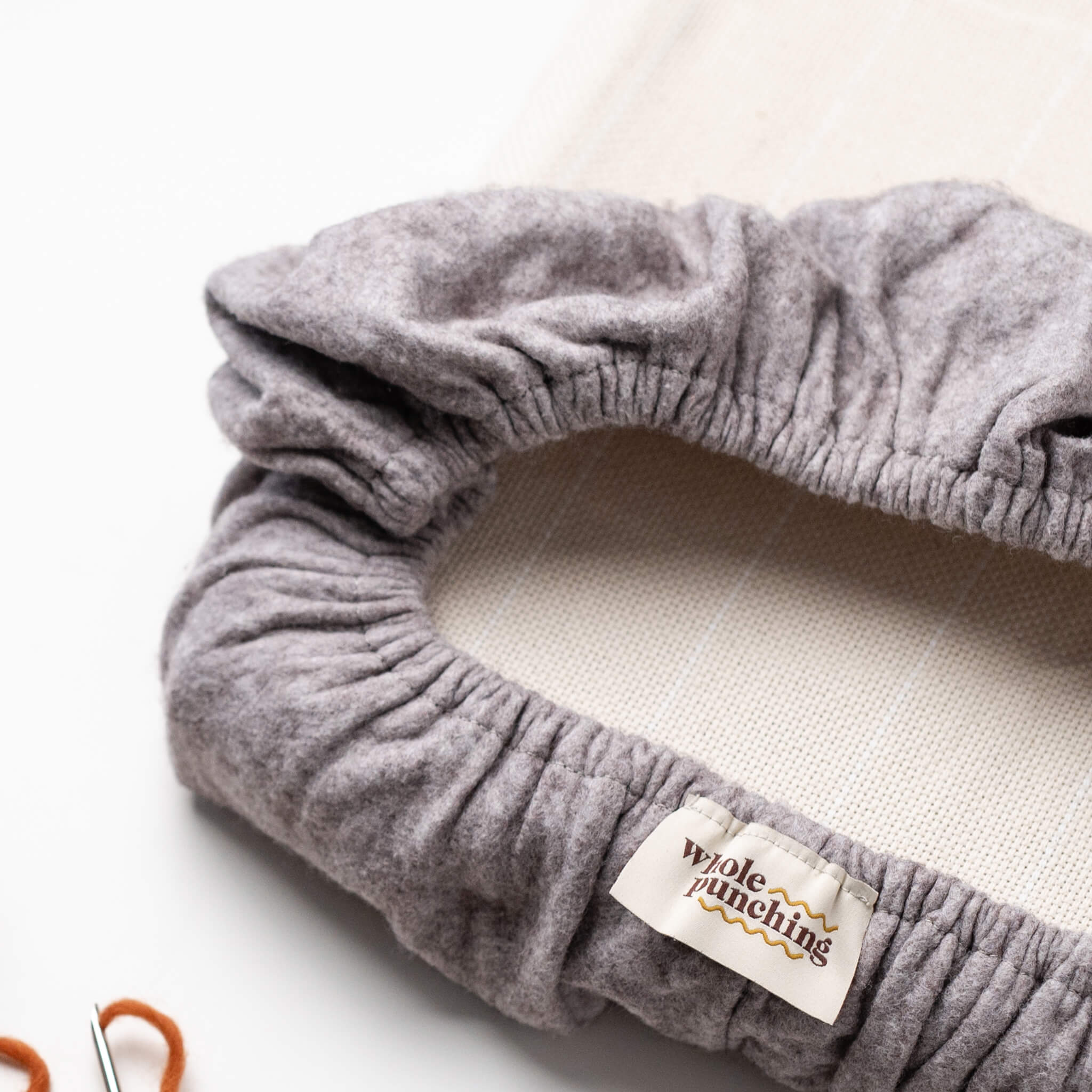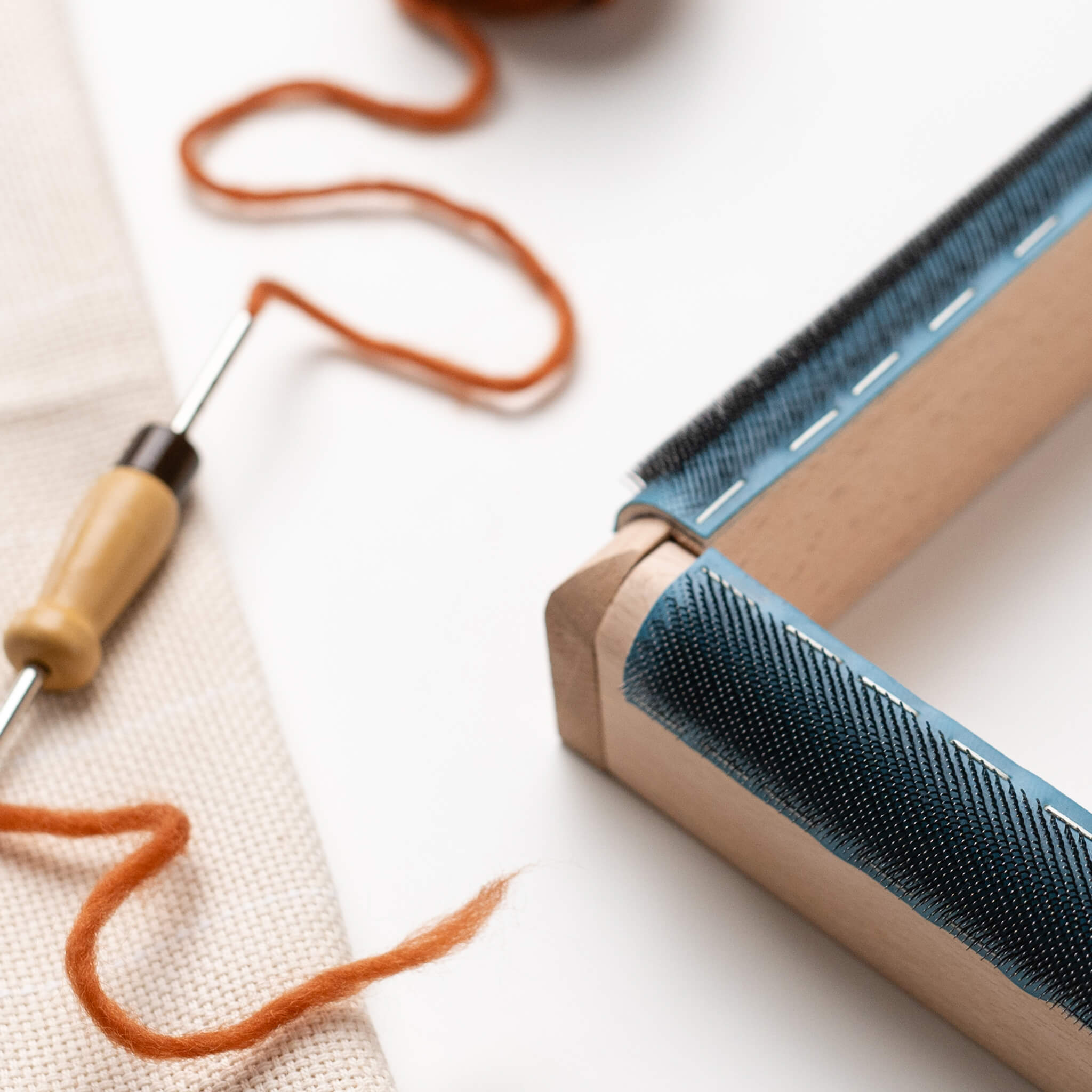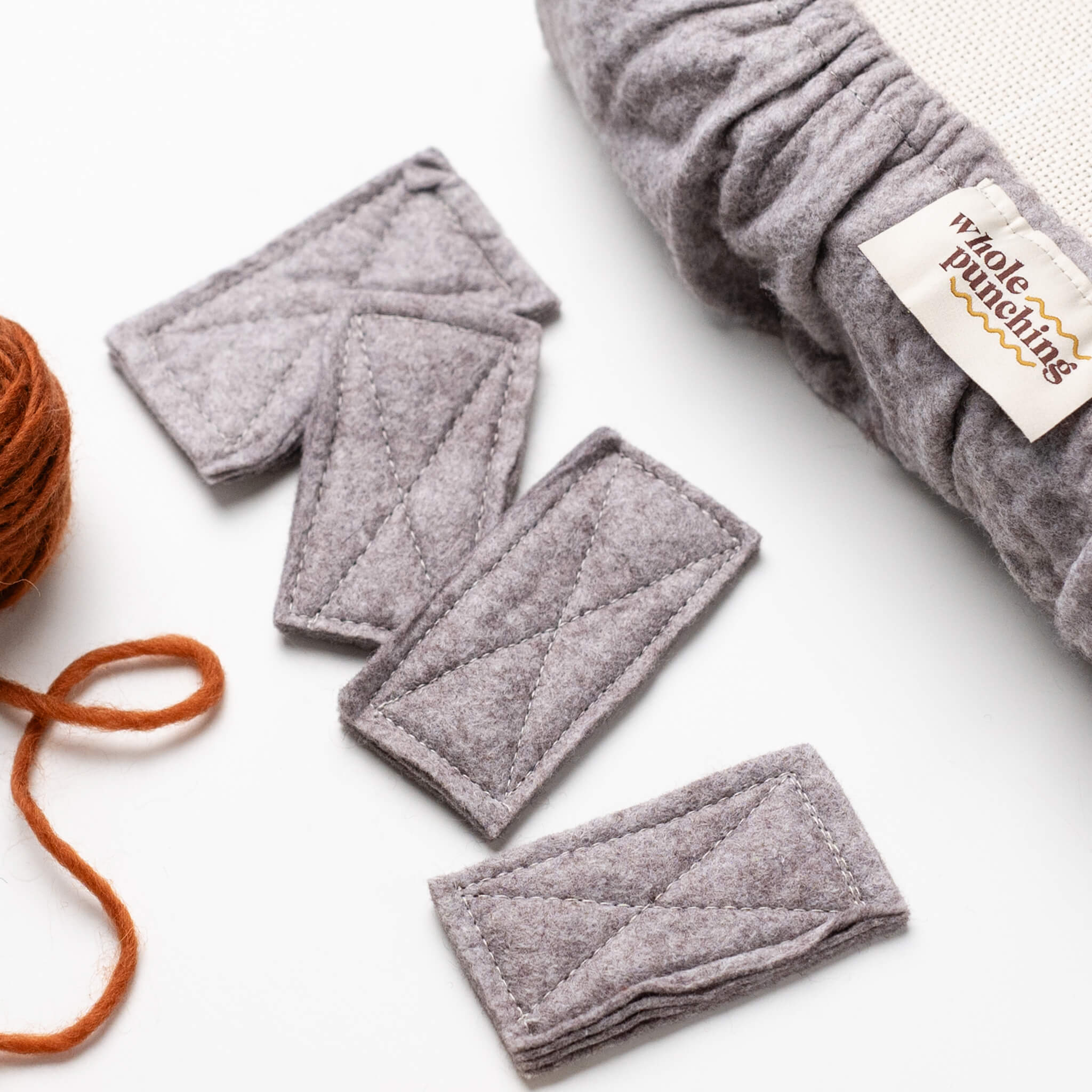Over the next few blog posts I’ll be answering some of my most frequently asked questions about punch needle, starting with this one; is punch needle easy? It might seem like a strange question as it’s fairly subjective, but it’s a question I get asked a lot!

What is punch needle?
In case you’re completely new to punch needle it’s a yarn based craft that originated from its close cousin, rug hooking. Originally invented to speed up rug hooking, punch needle is now a craft in its own right. Punch needle is the name of the craft and also the name of the tool for the craft. A punch needle is a hollow tool normally made from plastic or wood with a metal needle tip, a fibre (usually yarn) flows through the tool allowing you to create loops in a foundation fabric. When the craft was first introduced it was rugs that were predominantly made with the loops forming the pile of the rug but now you can make no end of items both useful and decorative.

Other yarn based crafts
I’ve tried quite a few other yarn or fibre based crafts such as knitting, crochet and weaving. I love the thought of knitting, being able to make your own clothes is such an amazing skill, especially in the era of fast fashion, however deciphering a knitting pattern can sometimes being incredibly tricky. Crochet with one less implement feels a little easier but then you throw in the different variations of terms, UK vs US etc and it gets a bit harder. I love that once you’ve got the hang of the punch needle technique there are no instructions to follow. Just draw a design on (or not!) and start punching. It’s possible to get into a lovely rhythm with punching which makes it feel very relaxing. Not having to follow or refer back to instructions allows you to lose yourself in the moment.

Getting the right combination of materials
One of the more tricky parts of punch needle is getting the right combination of materials before you start. I’d recommend following other punch needle makers on social media and paying attention to what they use. Alternatively check out your favourite punch needle author and see what combinations they recommend.
You definitely need four elements; punch needle tool, fabric, yarn and frame or hoop, within these categories there are lots of different types. Some areas you can scrimp on whereas others it’s better to spend a bit more for better quality. Some of these will need to change depending on the project. It’s really fun once you’ve got the hang of the technique to experiment a little, especially with different yarns as they will create different textures and in turn different effects.

Beginner punch needle kits
You can take some of the pressure off by buying a ready made beginner kit. Beginner kits should include everything you need to complete a small project whether that be a decorative hoop, cushion or set of coasters. I’d advise to start with something small and achievable and then progress on from there. Of course there are always those who want to jump straight in to the most complex project (guilty!) like making a rug.

Punch needle resources
I love a good craft book or two. When I started punch needle eight years ago there were only one or two books on the market and they were fairly traditional. Now there is no end of beautiful books with modern designs and patterns. I think it’s important to find a book which has sound instructions that cover the foundations of punch needle. Some of my favourites are:
Amy Oxford: Punch Needle Rug Hooking
Rose Pearlman: Modern Rug Hooking
Arounna Khounnoraj: Punch Needle
Sara Moore: Weekend Makes: Punch Needle

It may be that you’re more of a visual learner and in that case you may want to find an in person workshop or a course. There tends to be different types of craft workshops; those where the intention is to make something during the time that you can take away and then those where the focus is on learning new skills, without necessarily finishing something. Bear this is mind when you’re looking for a class and what it is that you want to gain from it.
I used to love teaching in person workshops, I taught a punch needle hoop class where students essentially completed one of my 7” hoop kits in class and then a much longer form Introduction to Oxford Punch Needle. In that four hour class students would learn the foundations of punch needle whilst working on a small trivet. The aim wasn’t to complete the trivet but for them to feel confident to carry on punching at home using the skills they had learned.

As I’m not able to teach in person currently, last year I created an online version of my Introduction to Oxford Punch Needle workshop. I’ve poured all my knowledge of teaching plus all my practical experience of punch needle into an accessible online course complete with digital workbook. It’s all pre-recorded so you can work through the twenty videos at your own pace. Binge in a weekend or take your time over a few weeks, you decide. As I’m not there to answer your questions in person I’ve set up a private Facebook group where you can get in touch.
Learning a new craft
Like with learning any new skill it’s going to take some brainpower. As much as I like to go full steam ahead when learning a new craft sometimes it’s easier to break a project down into more manageable chunks. Try to manage your expectations and time and be kind to yourself. If you can learn how to prepare your fabric and stretch it effectively, find a good combination of materials and hold a pencil comfortably then you should find punch needle fairly easy.



